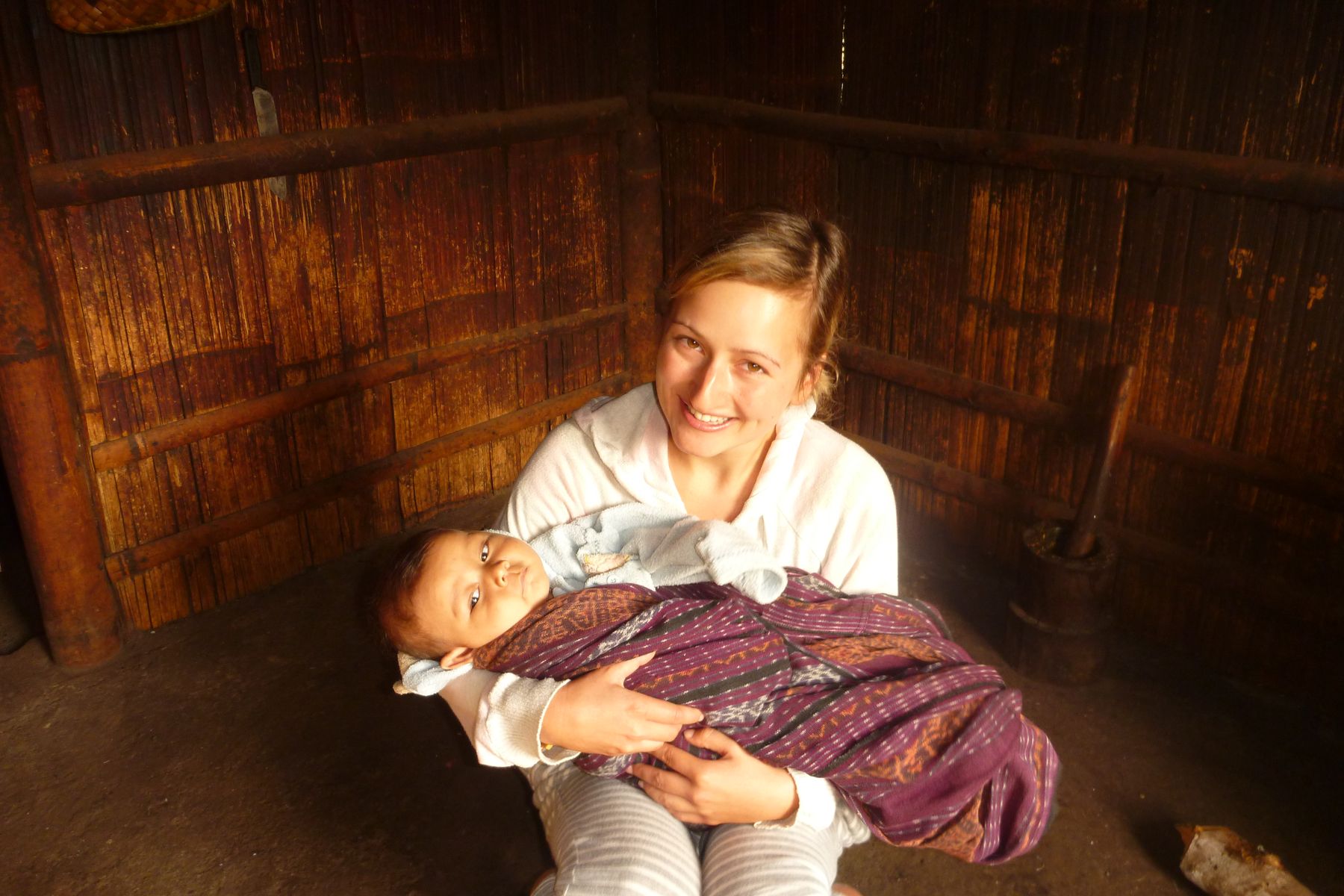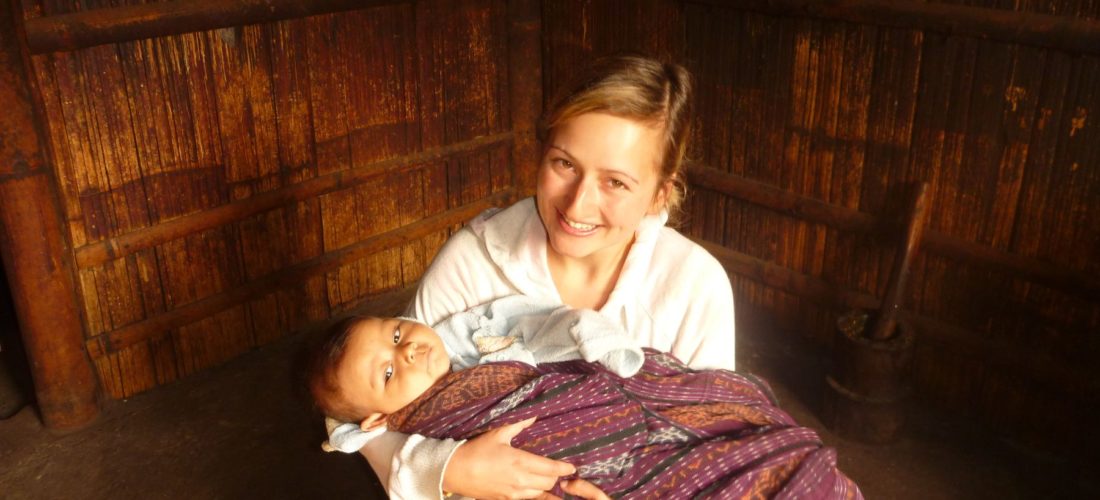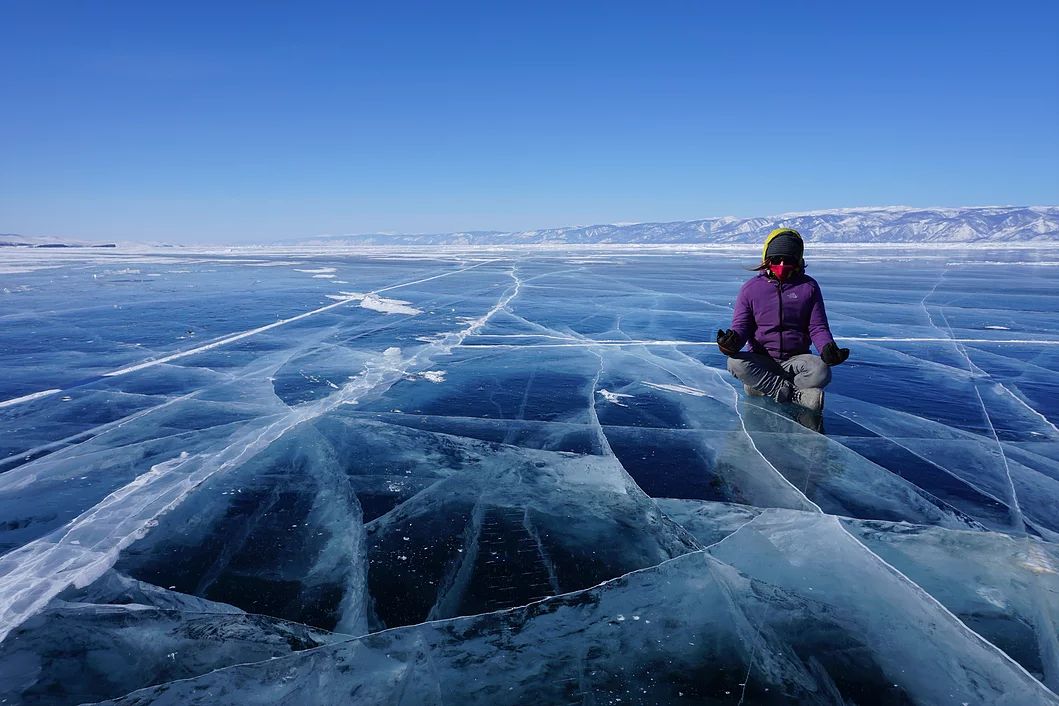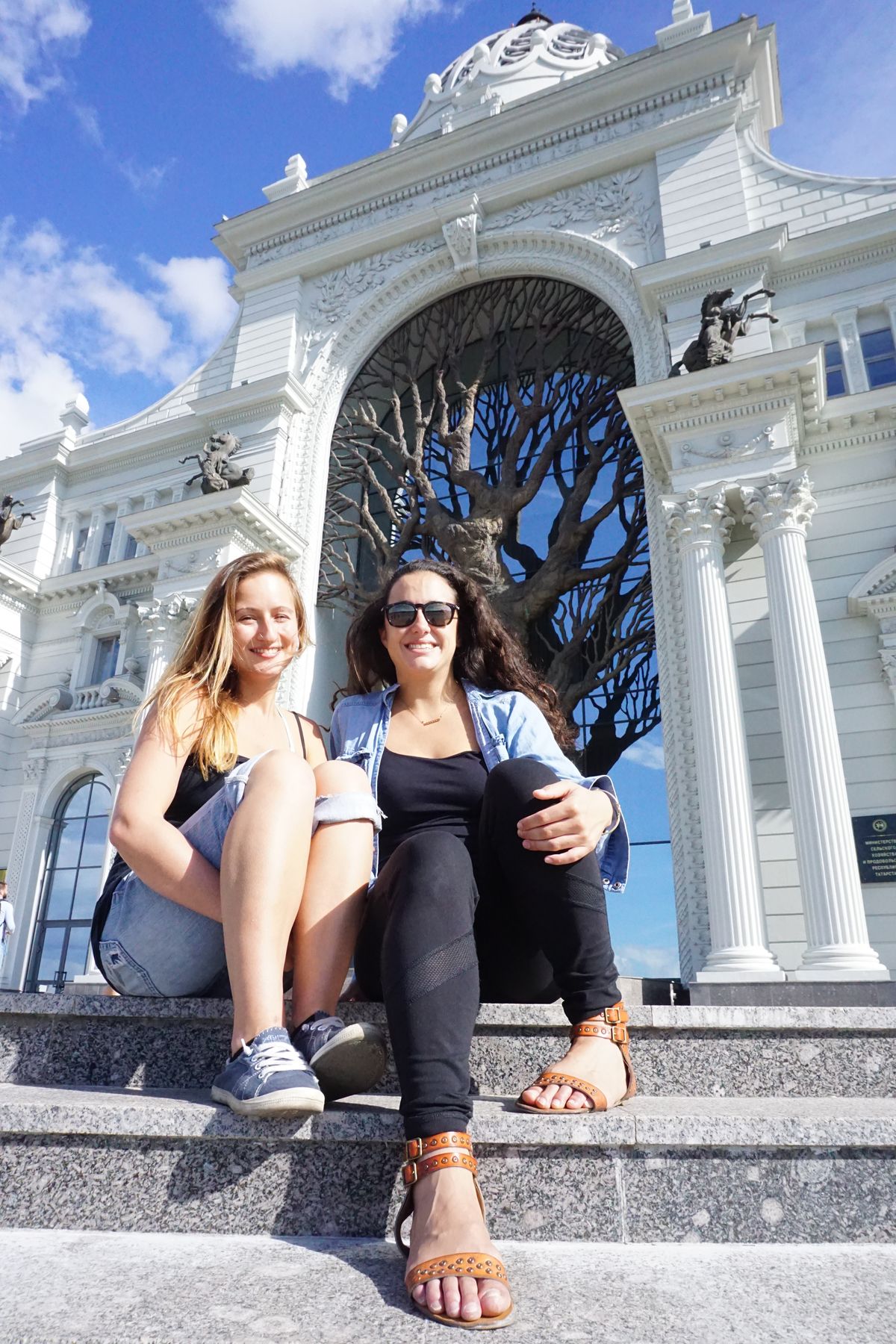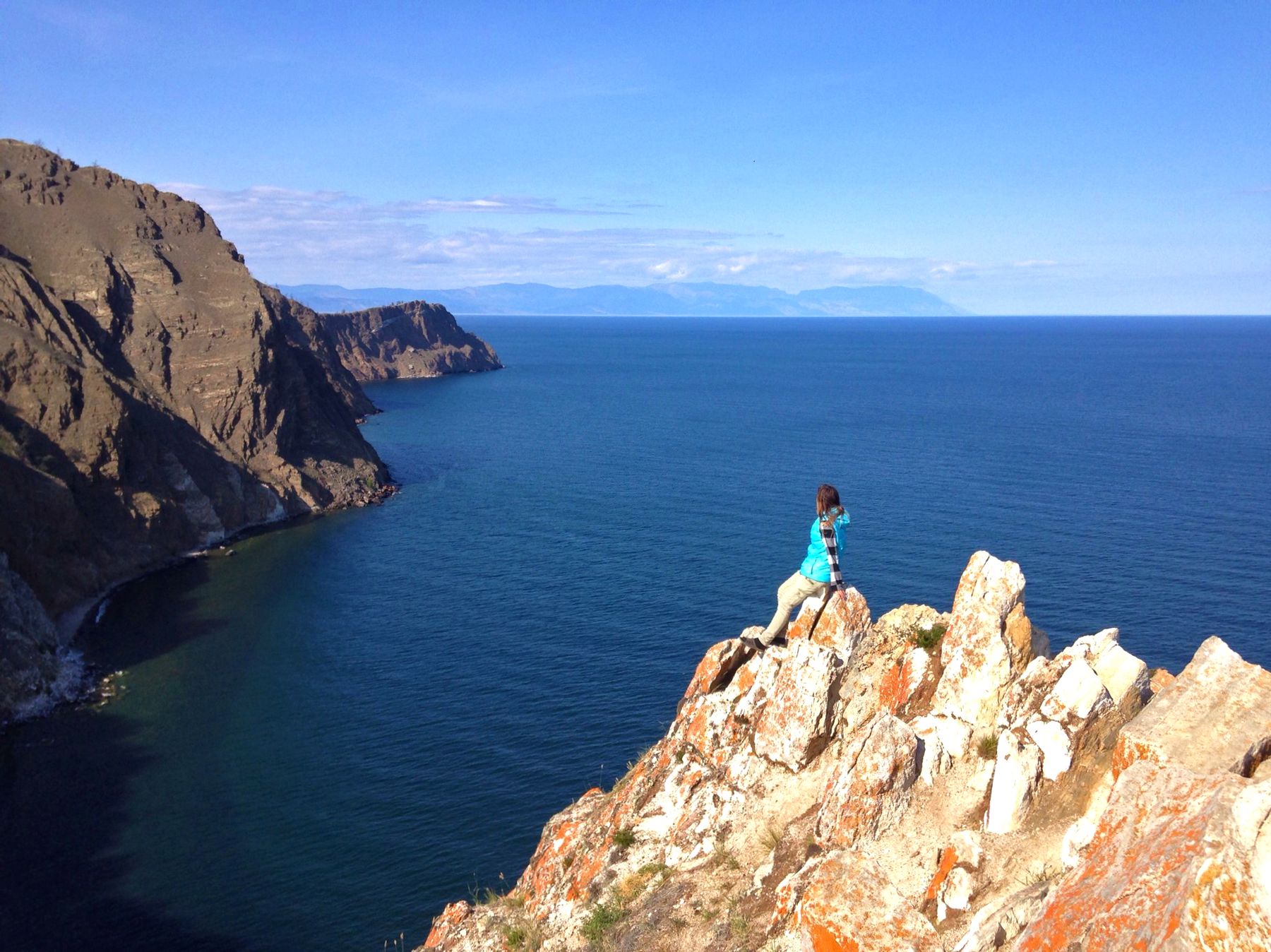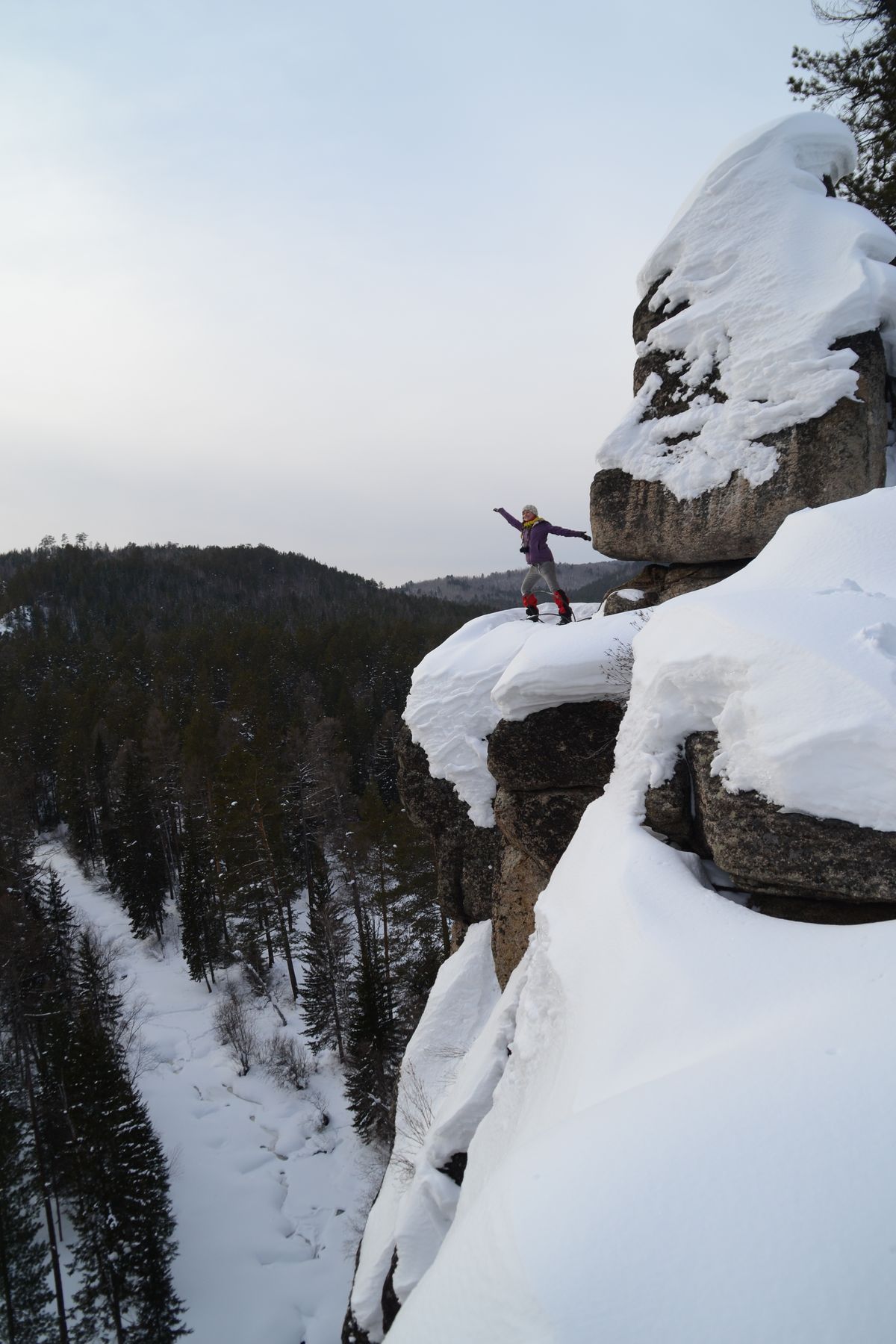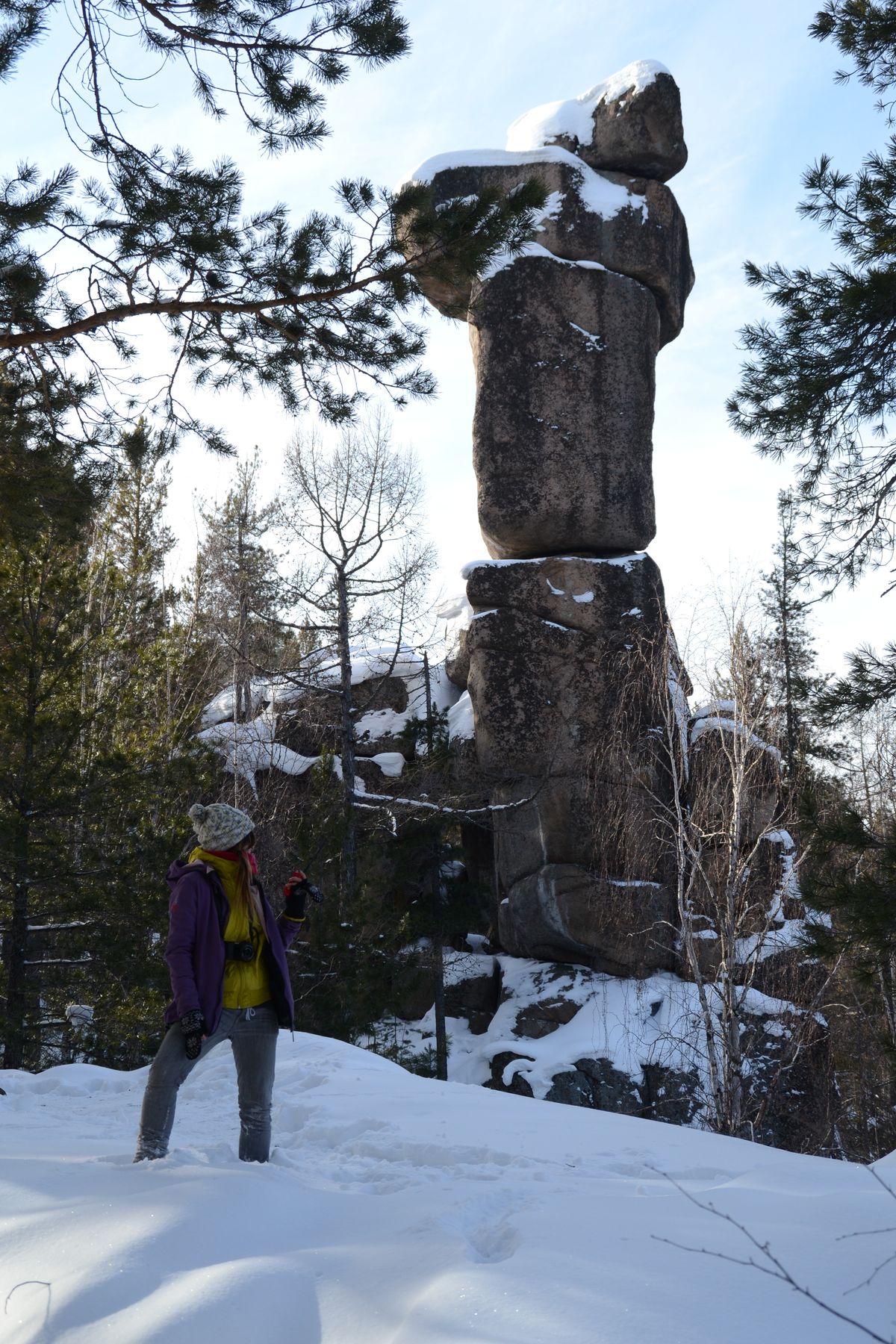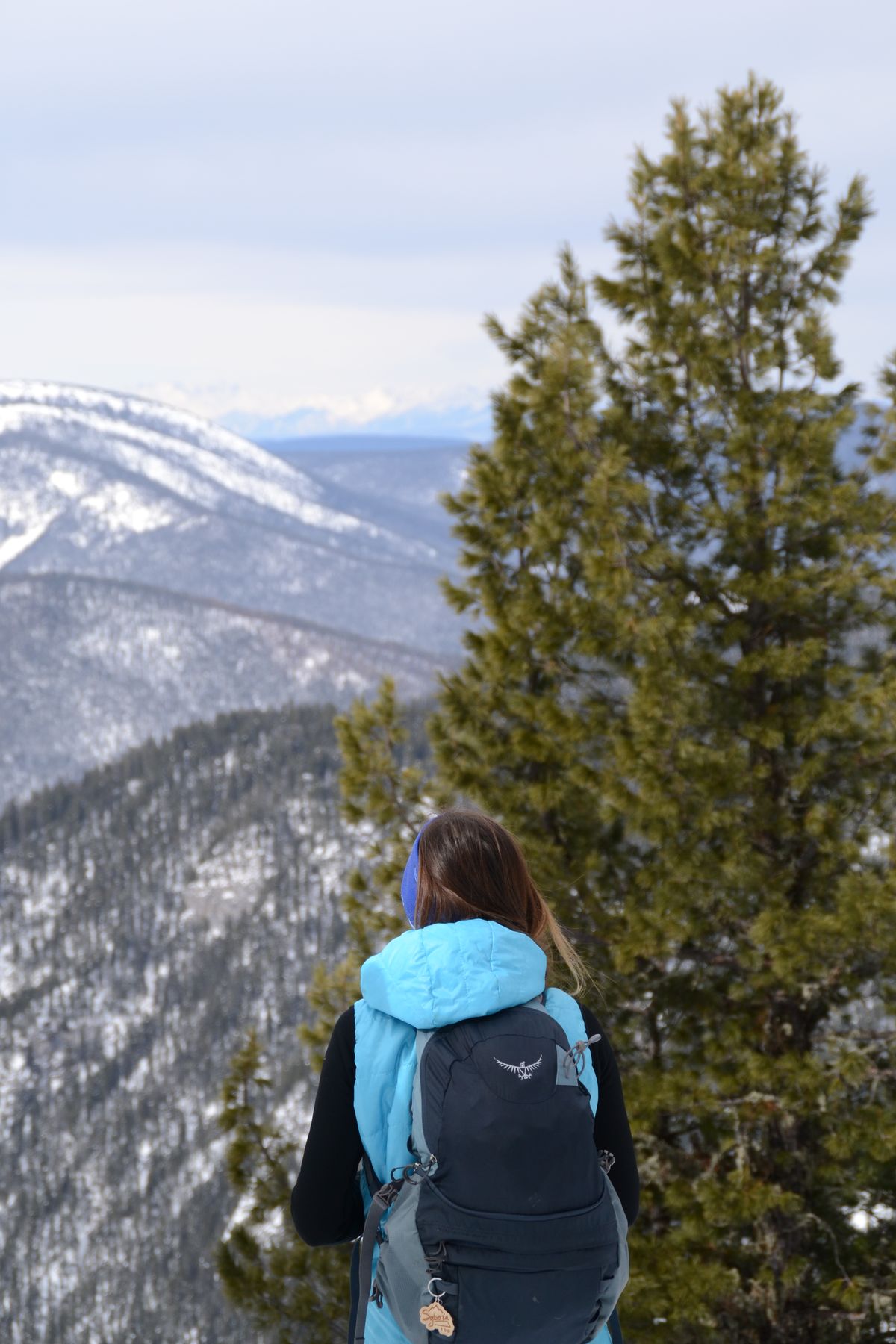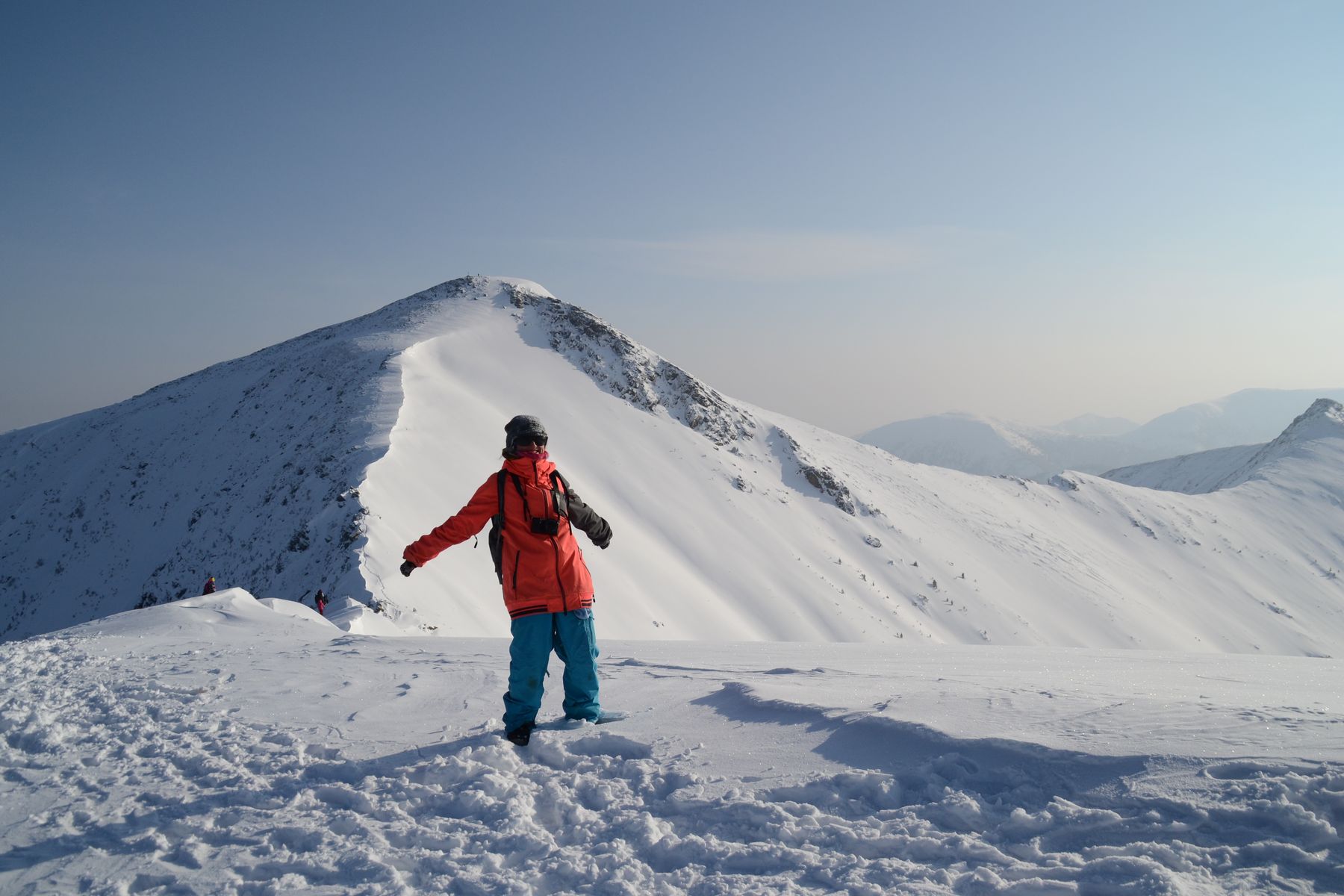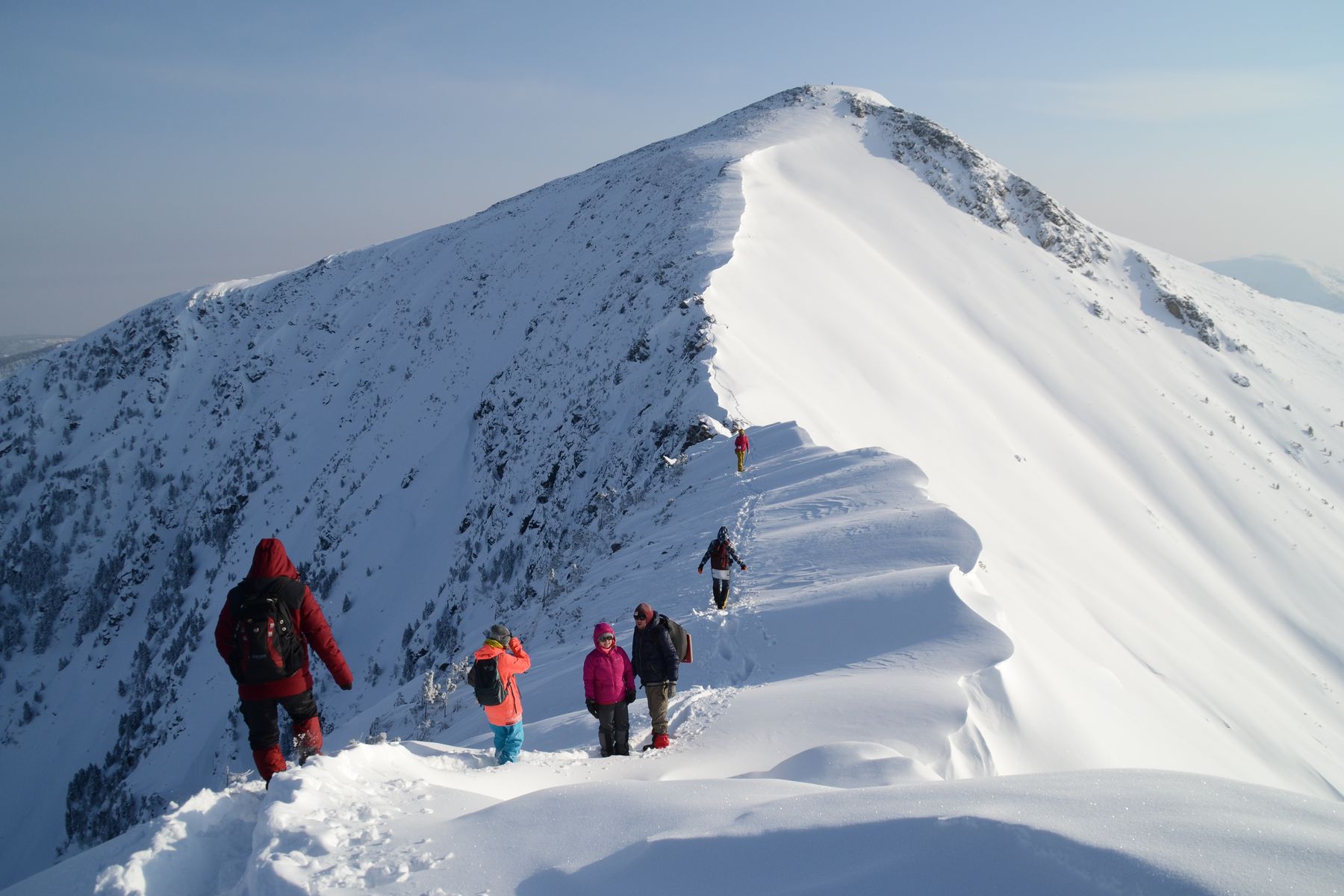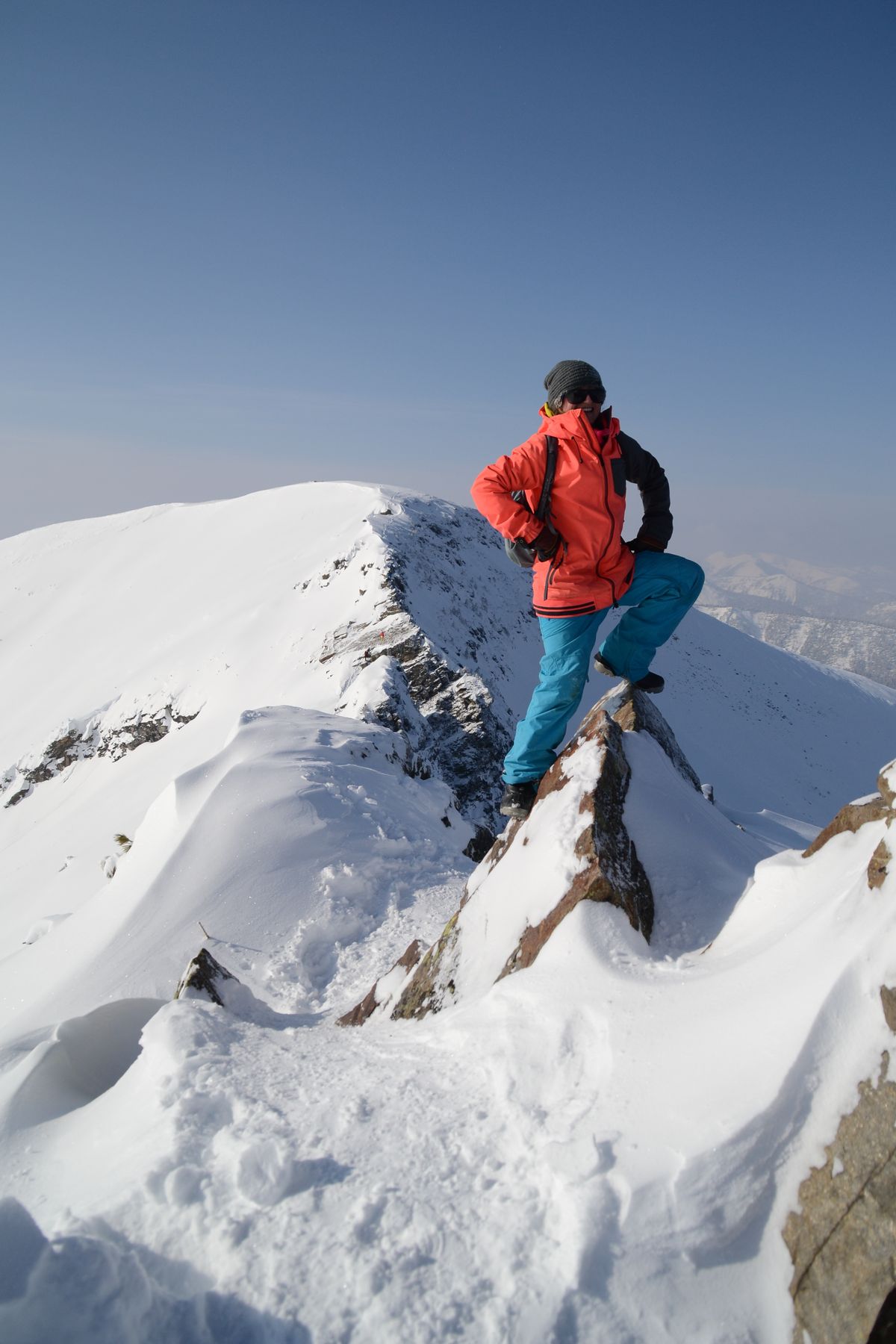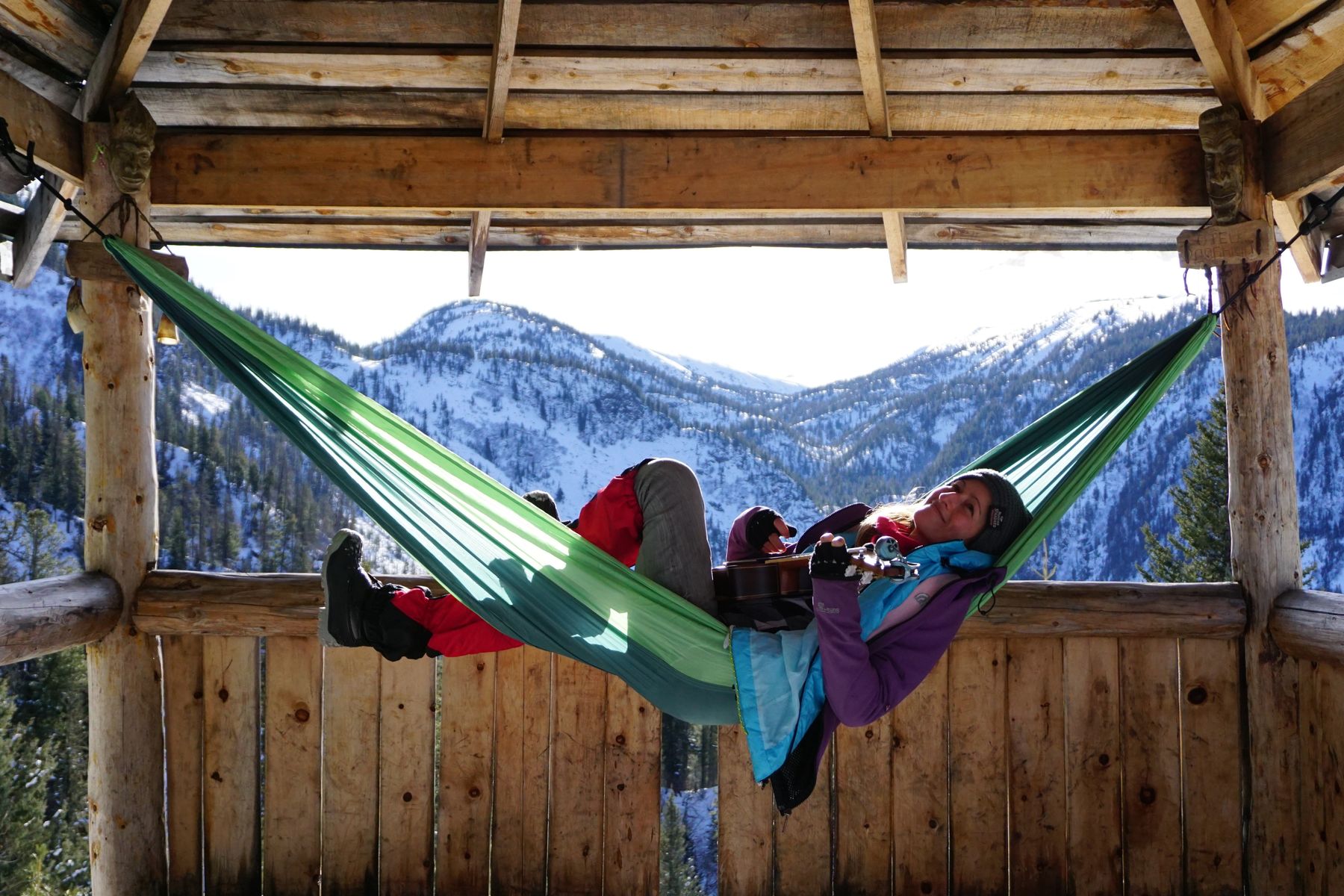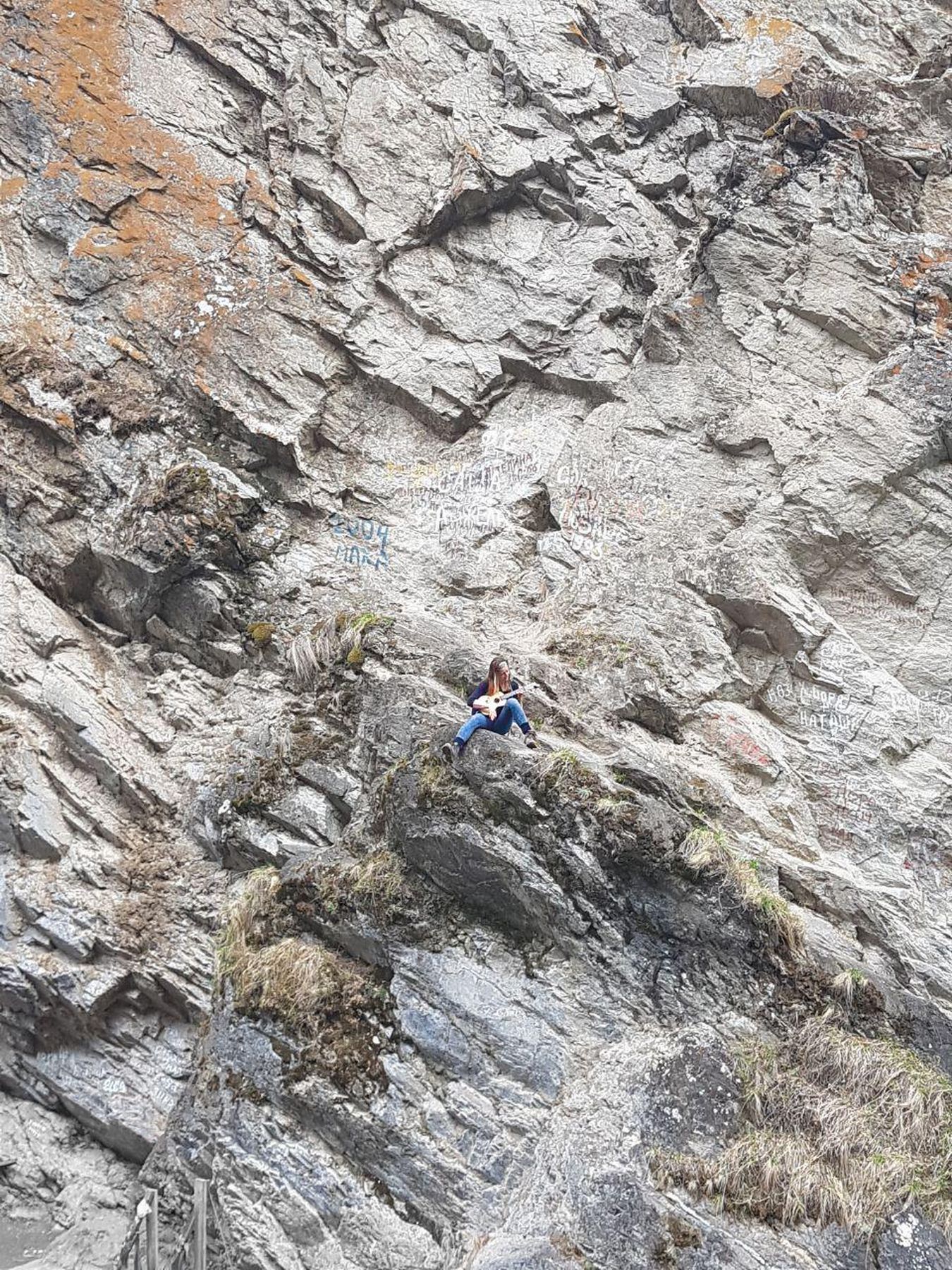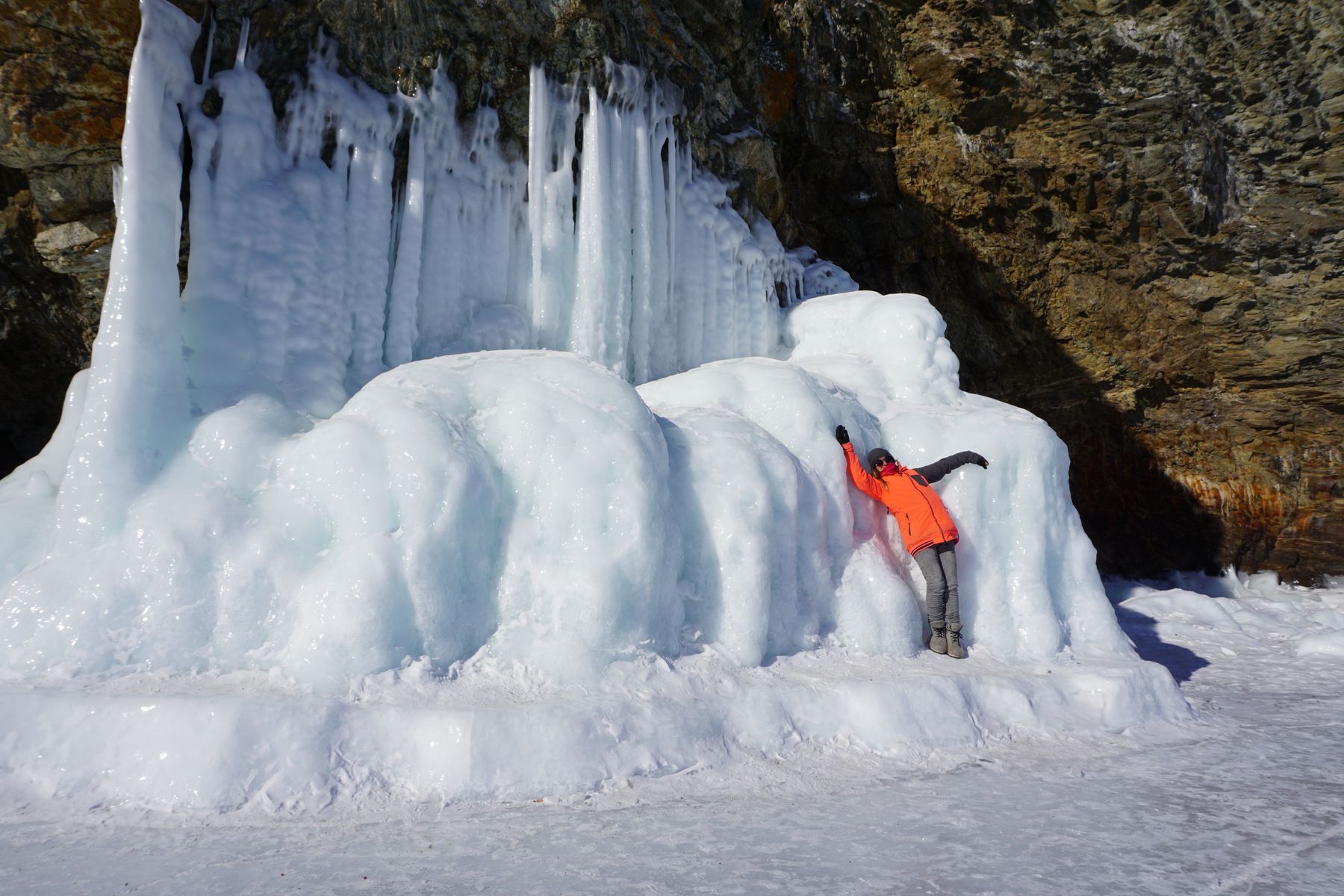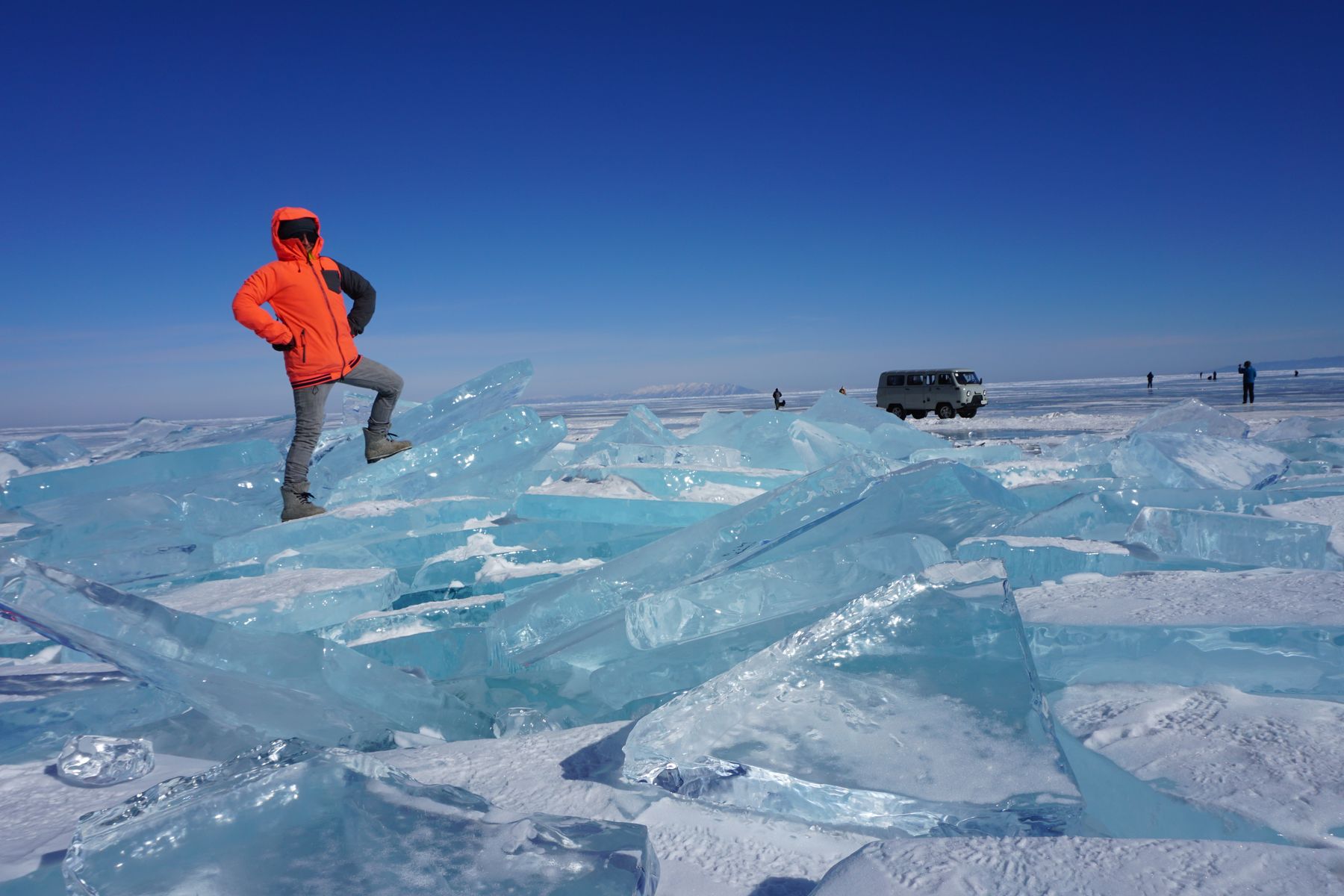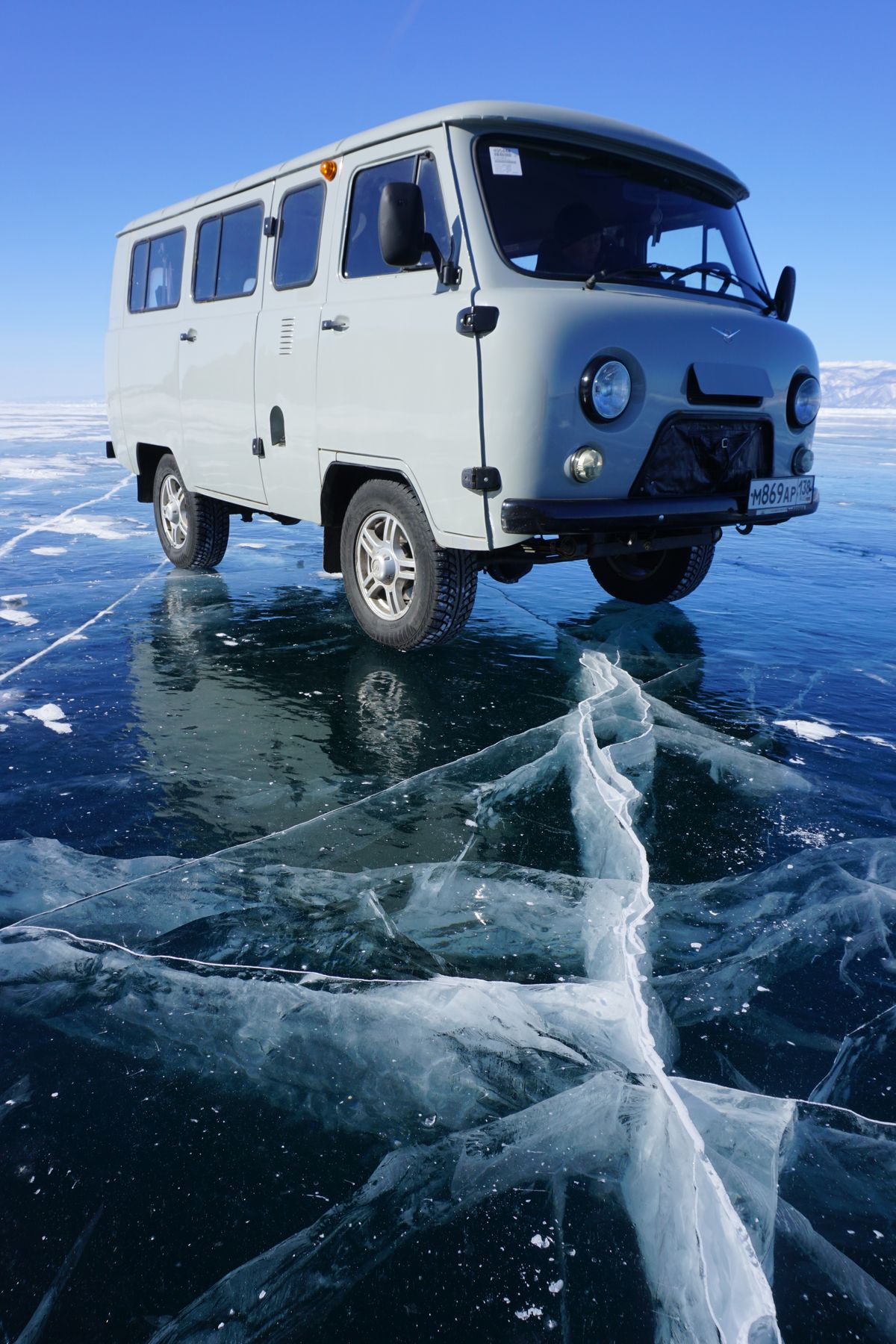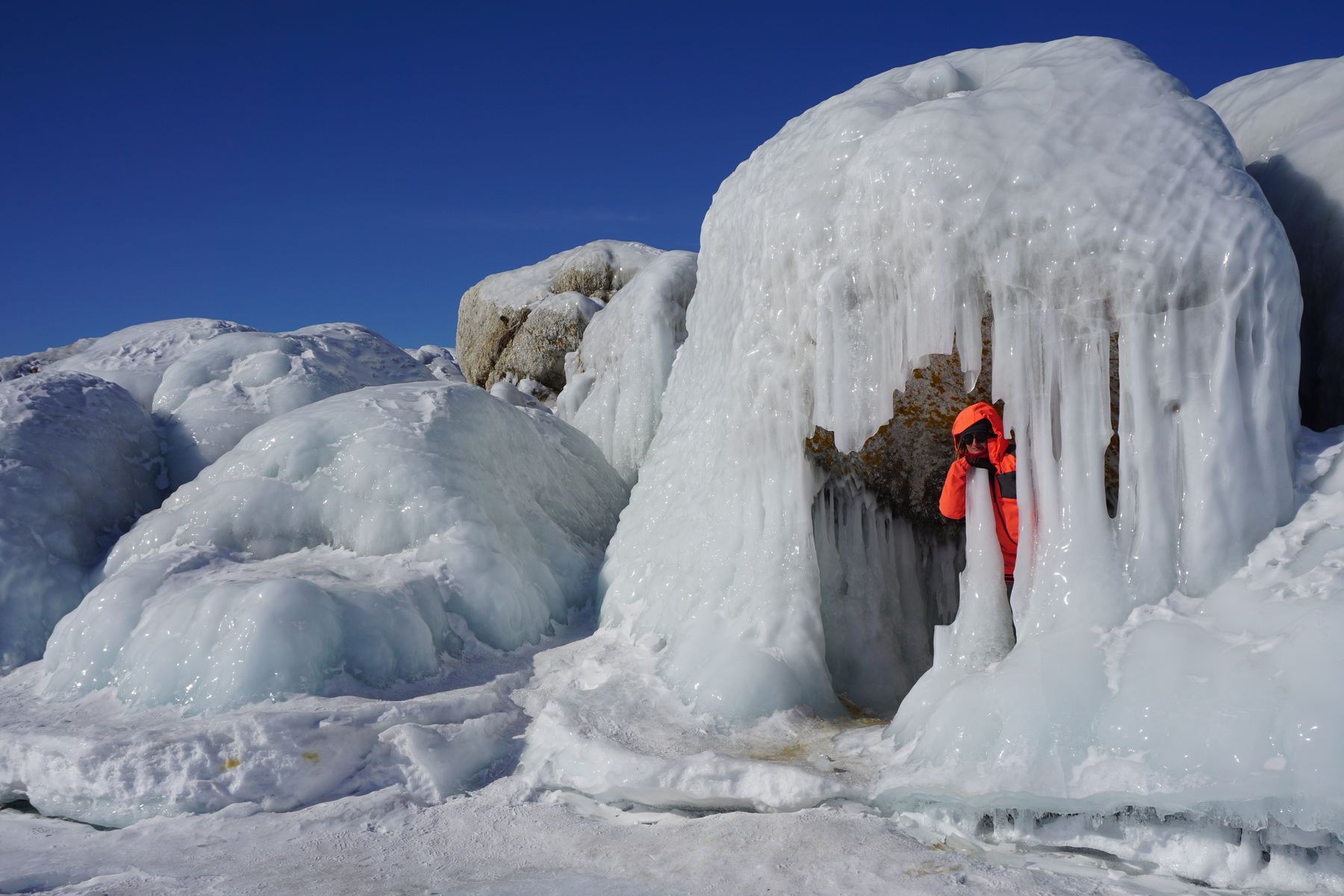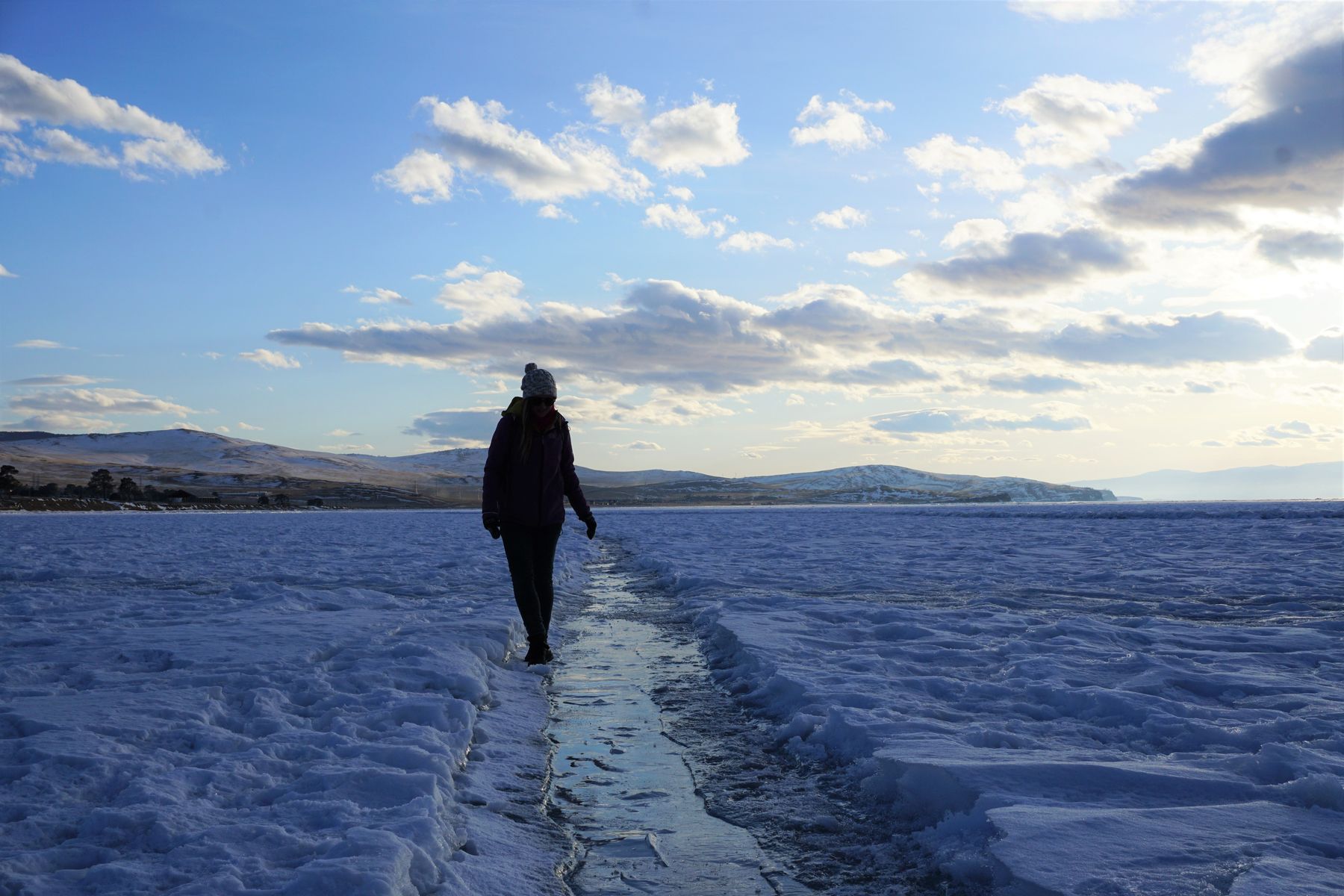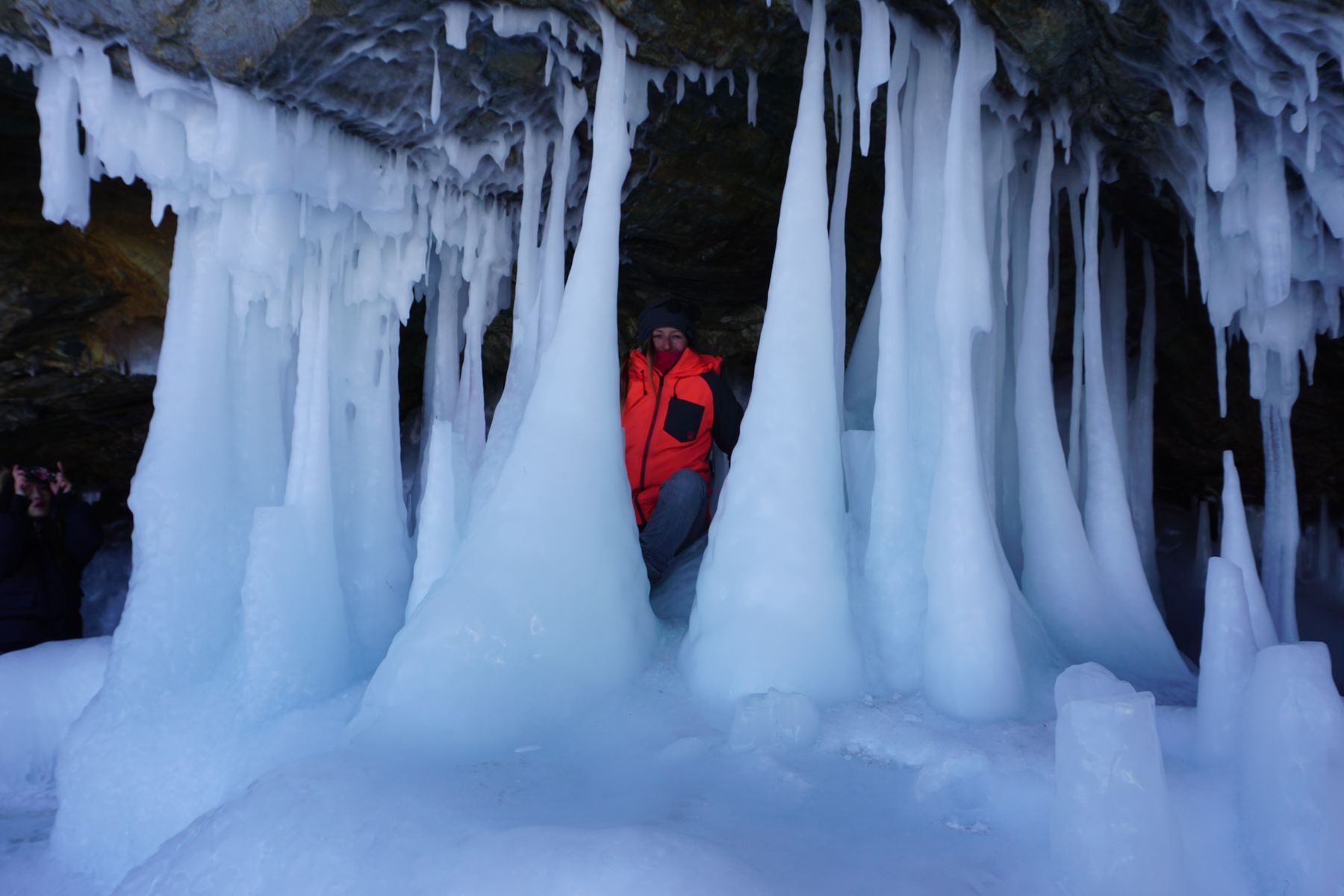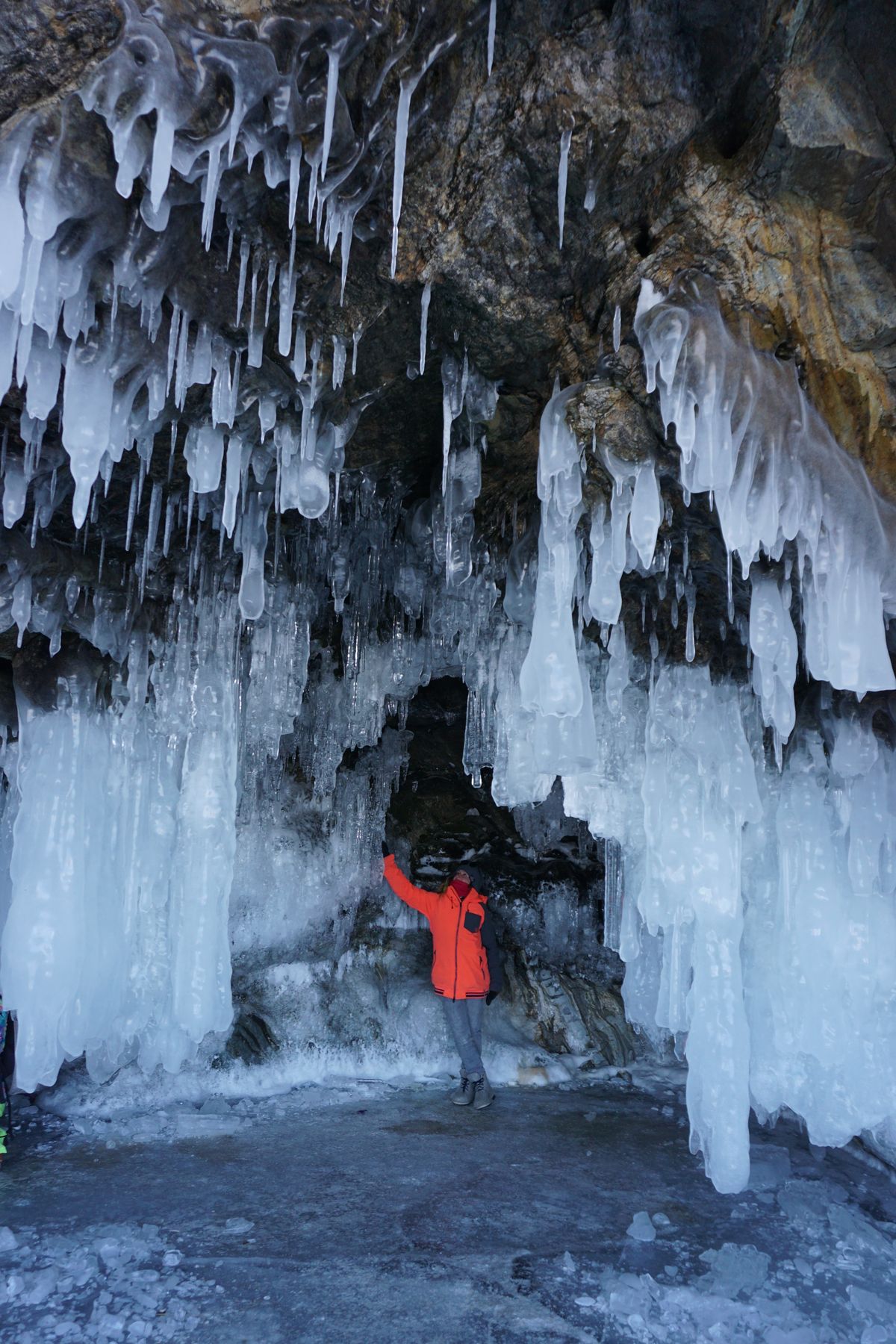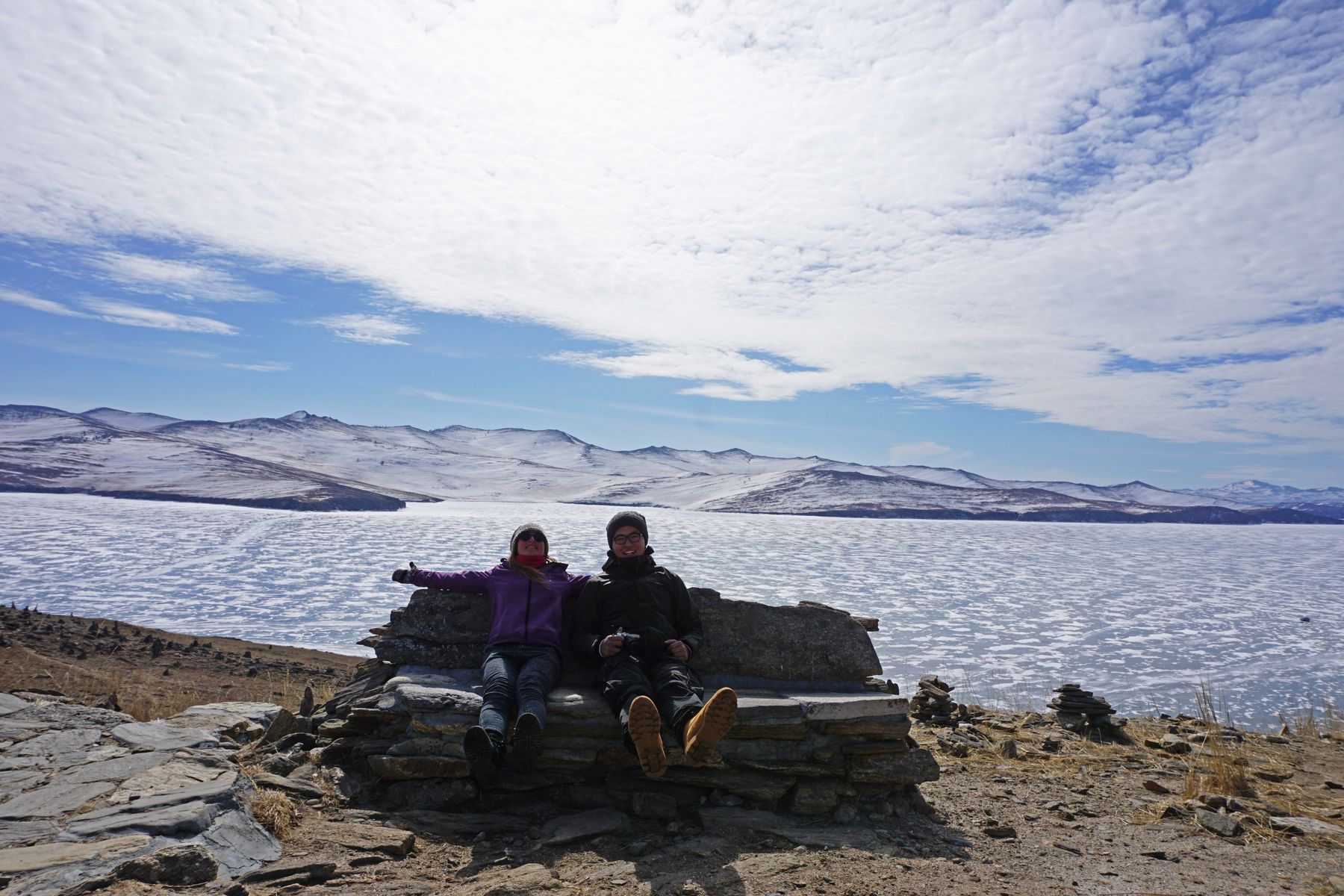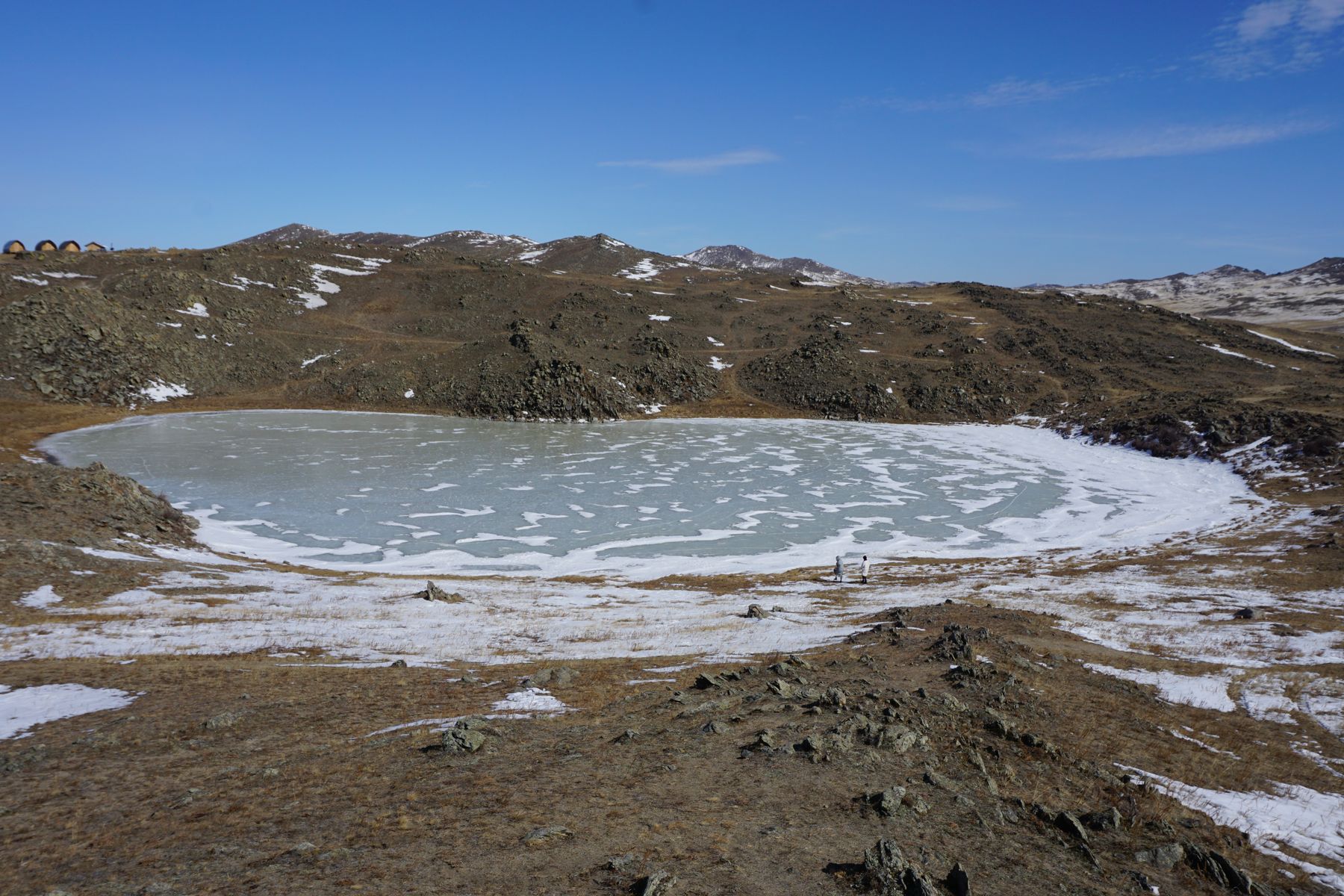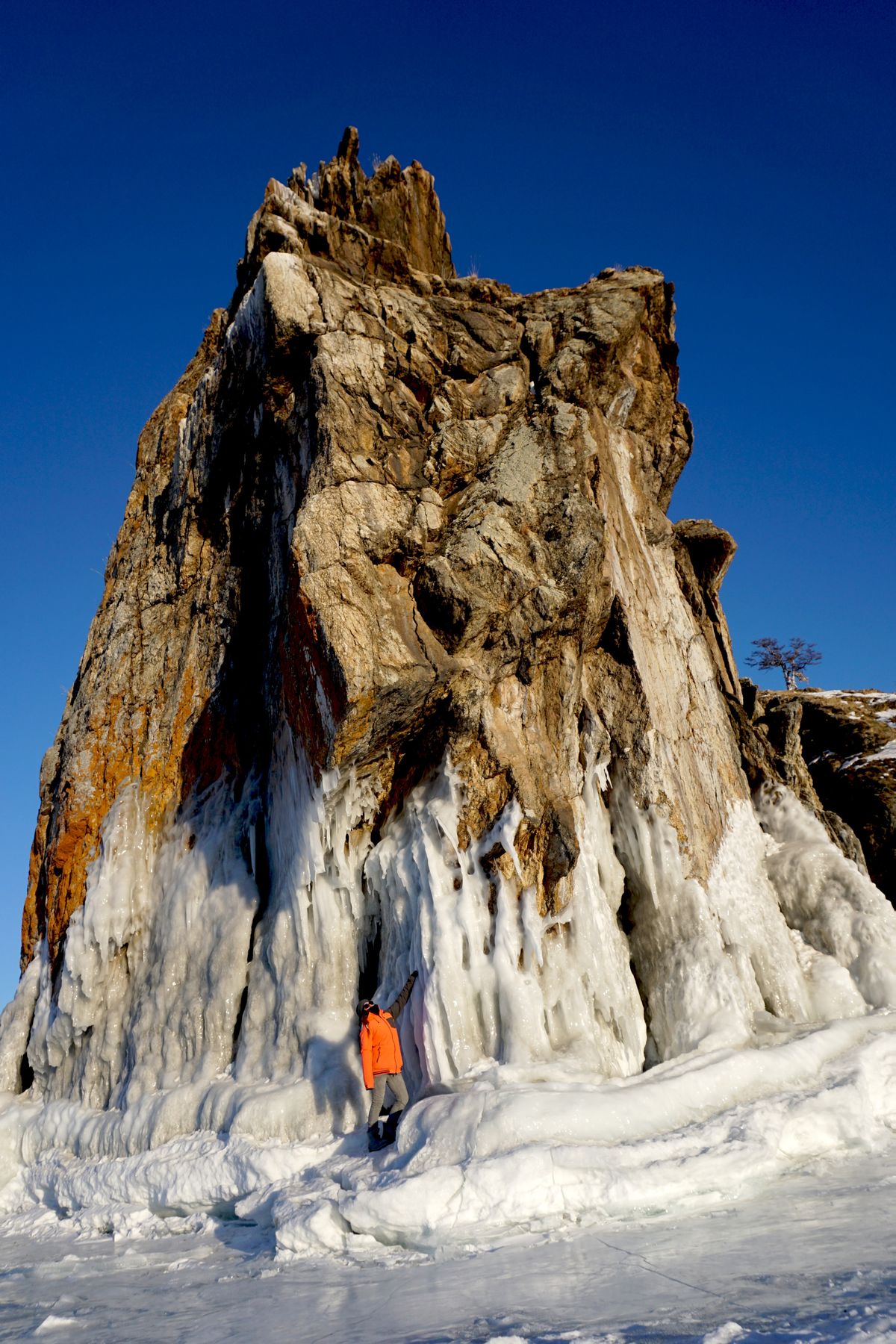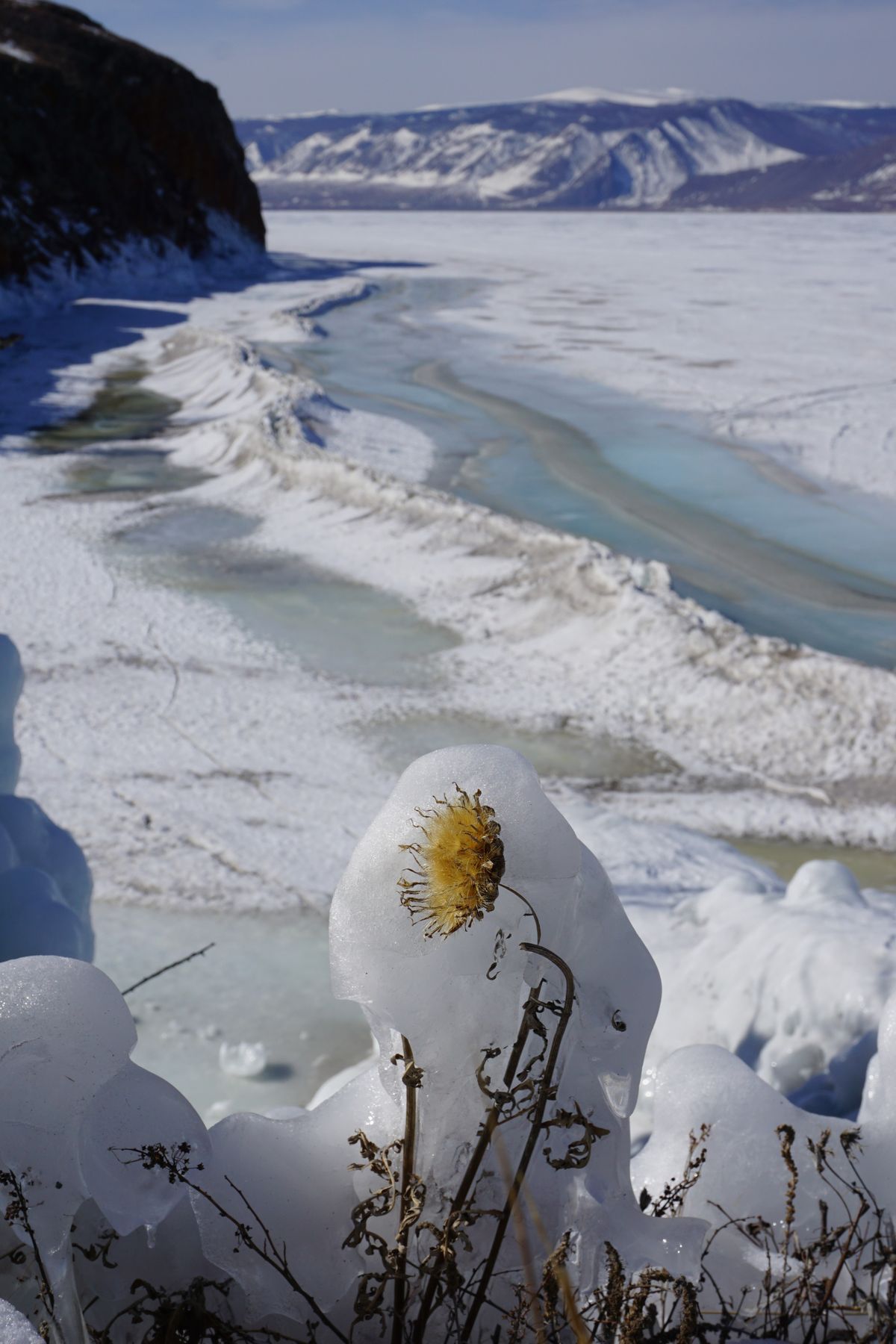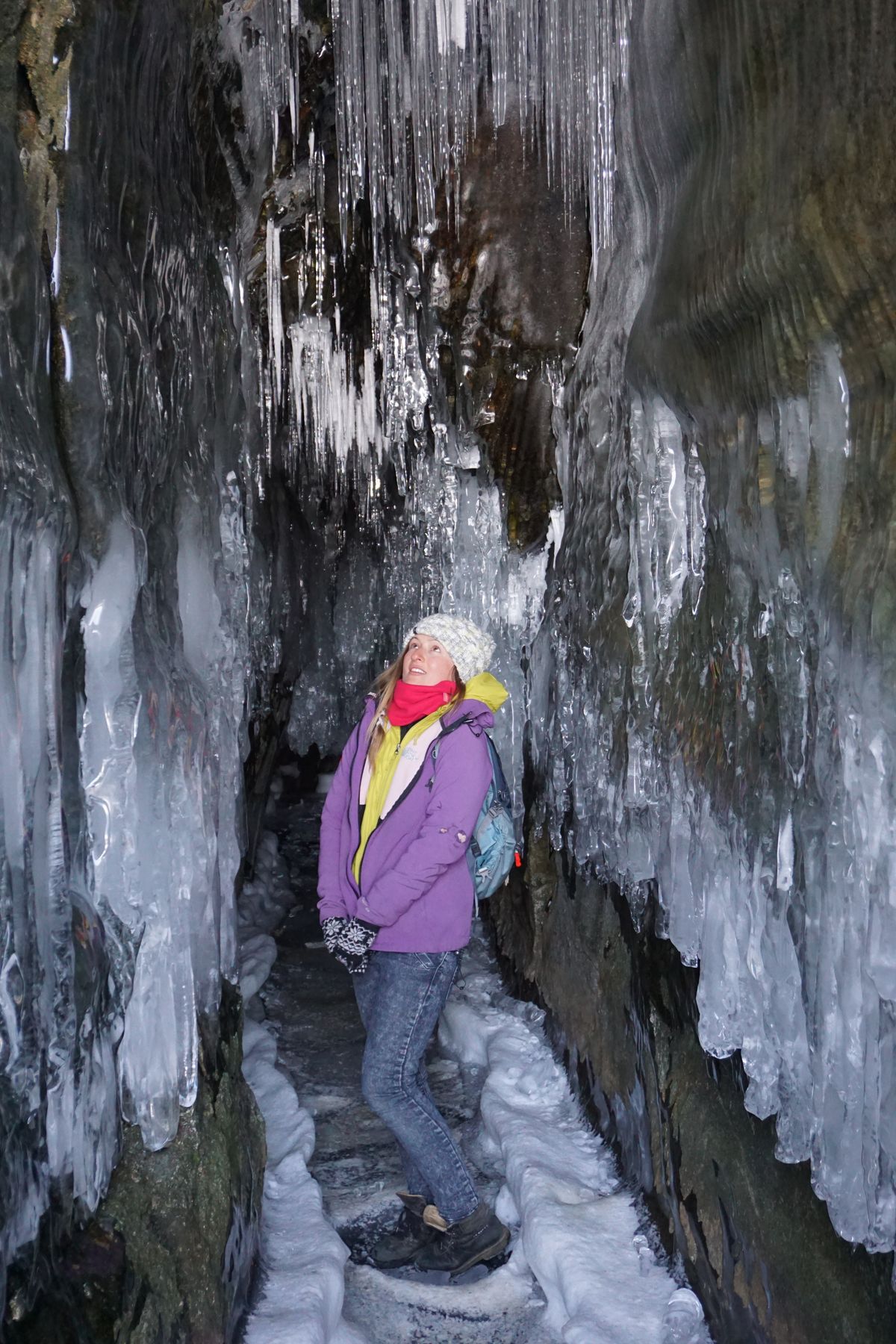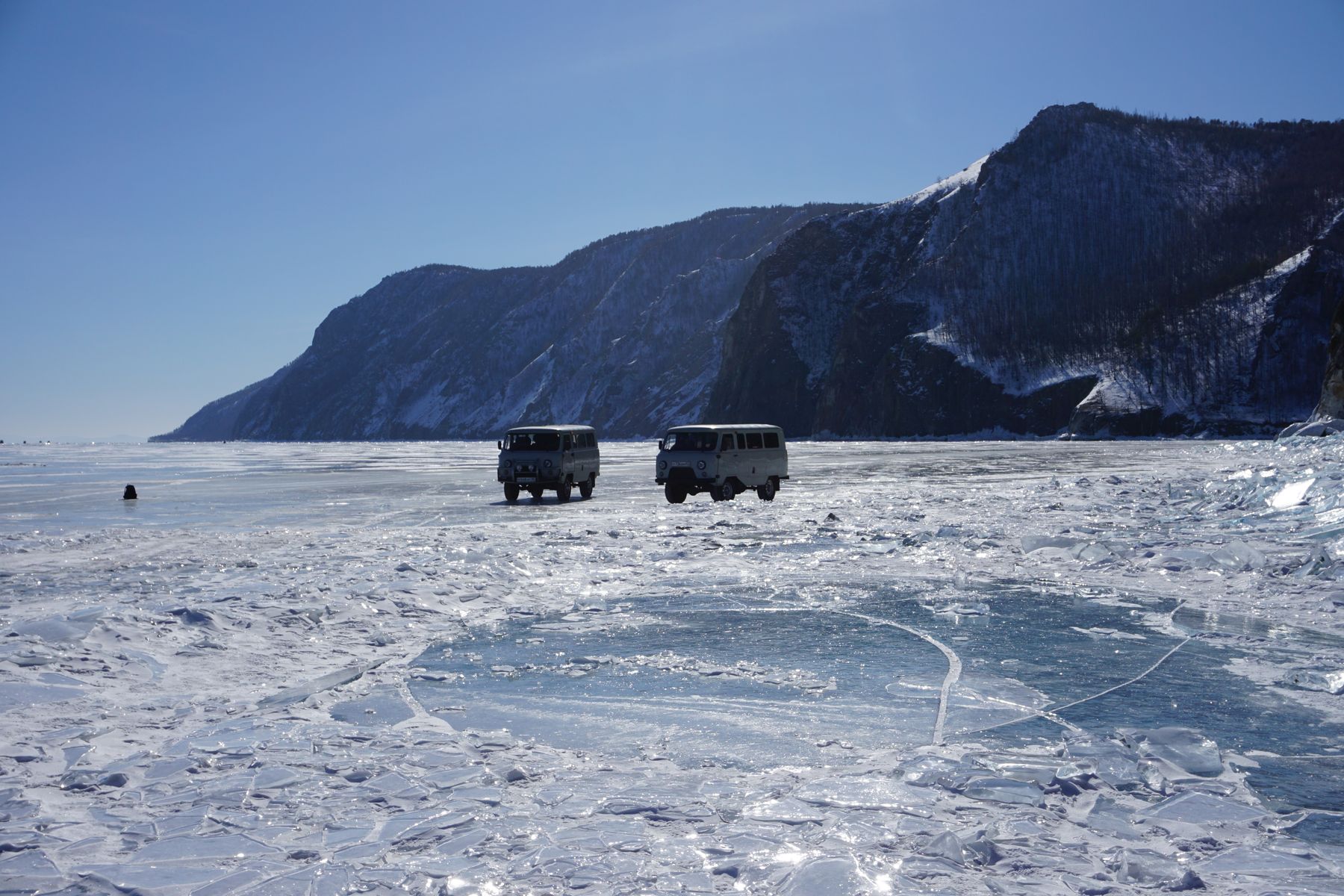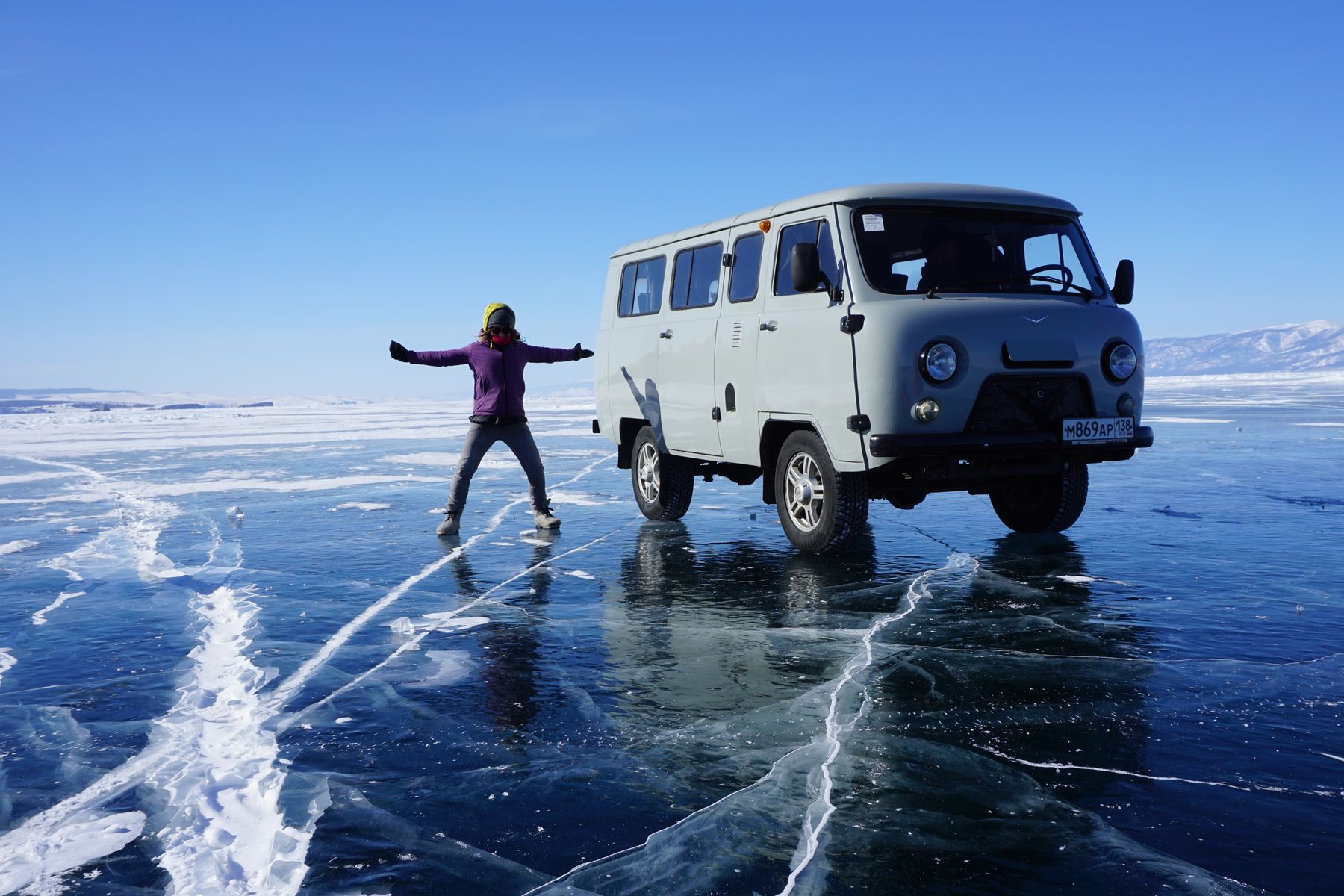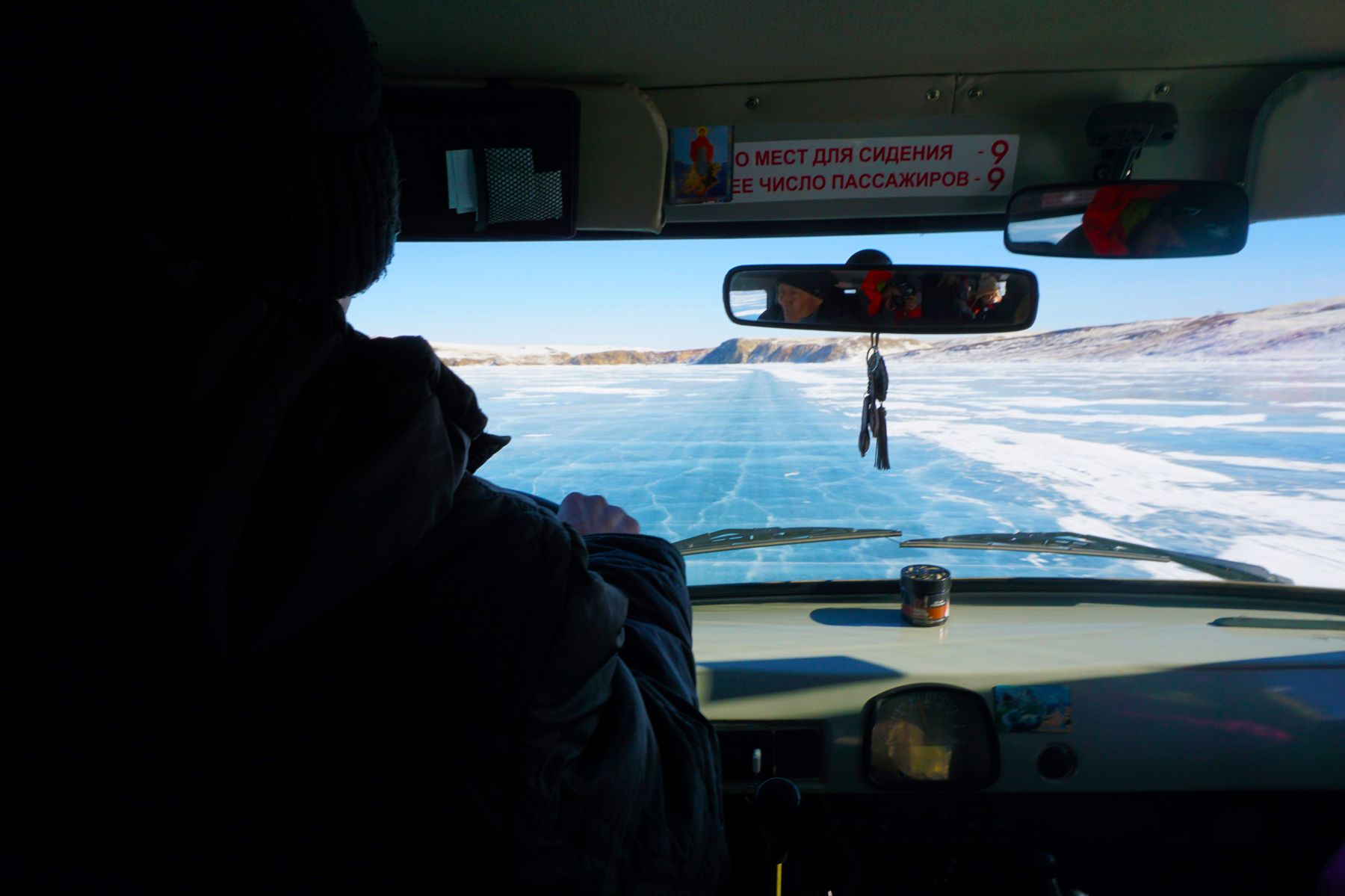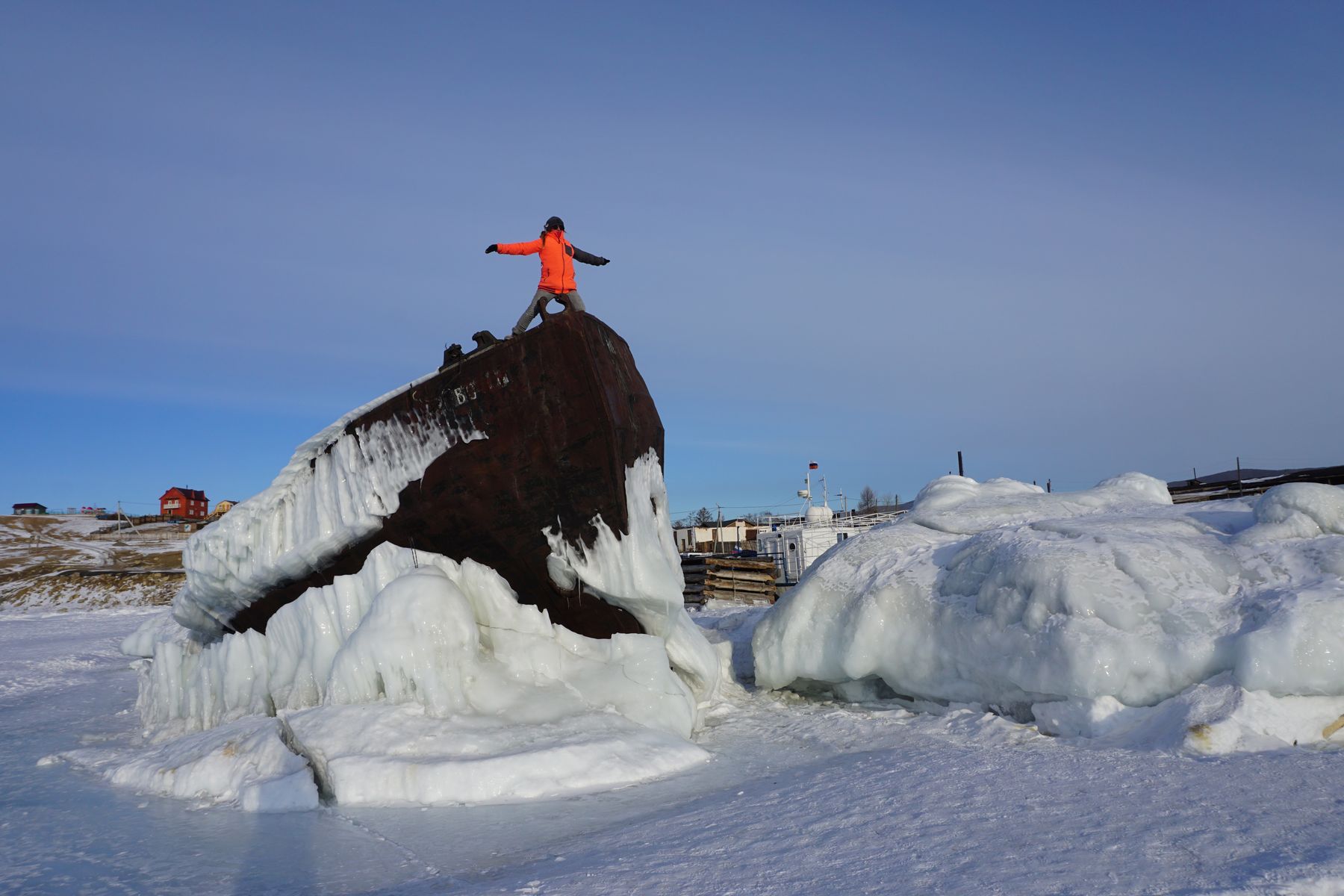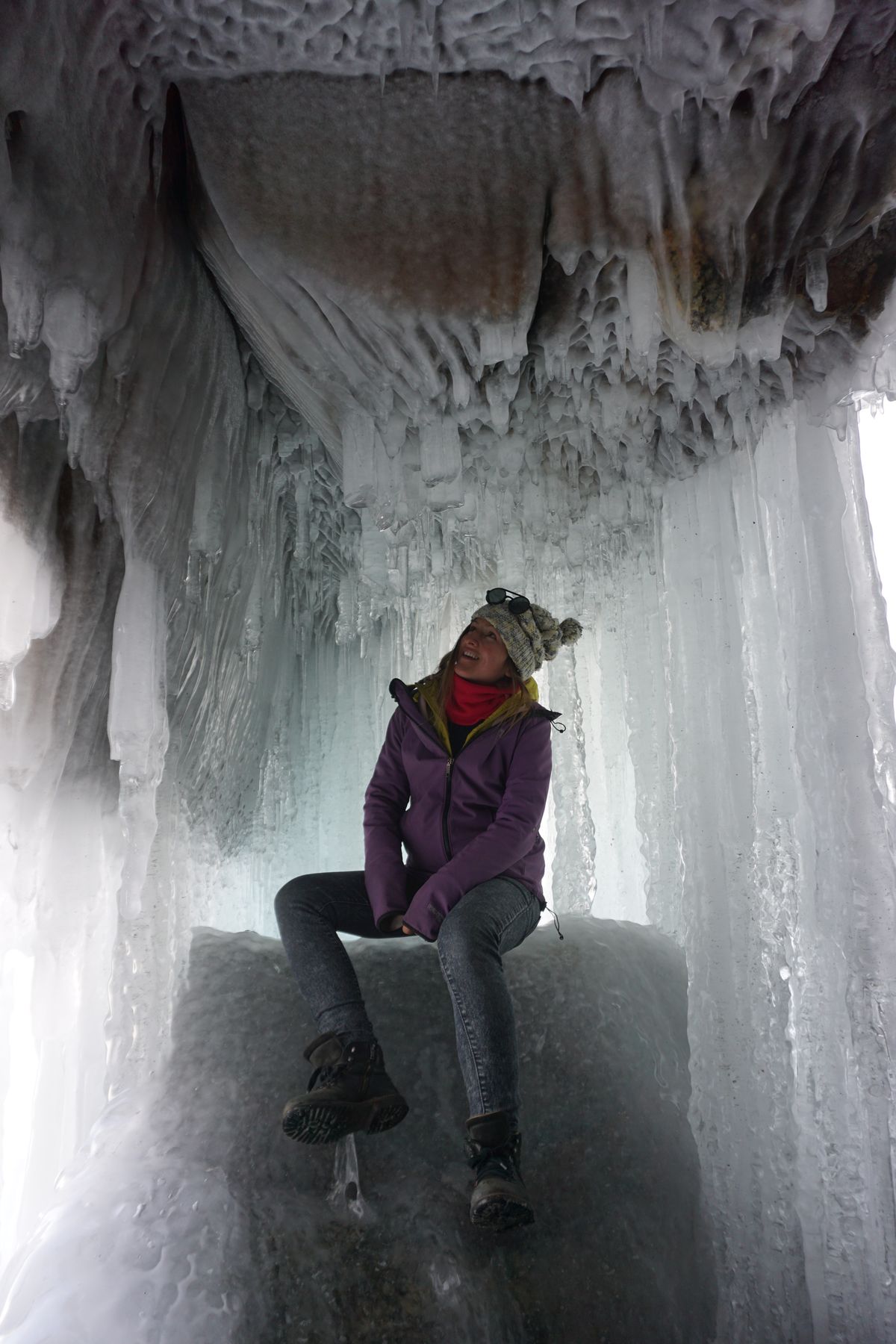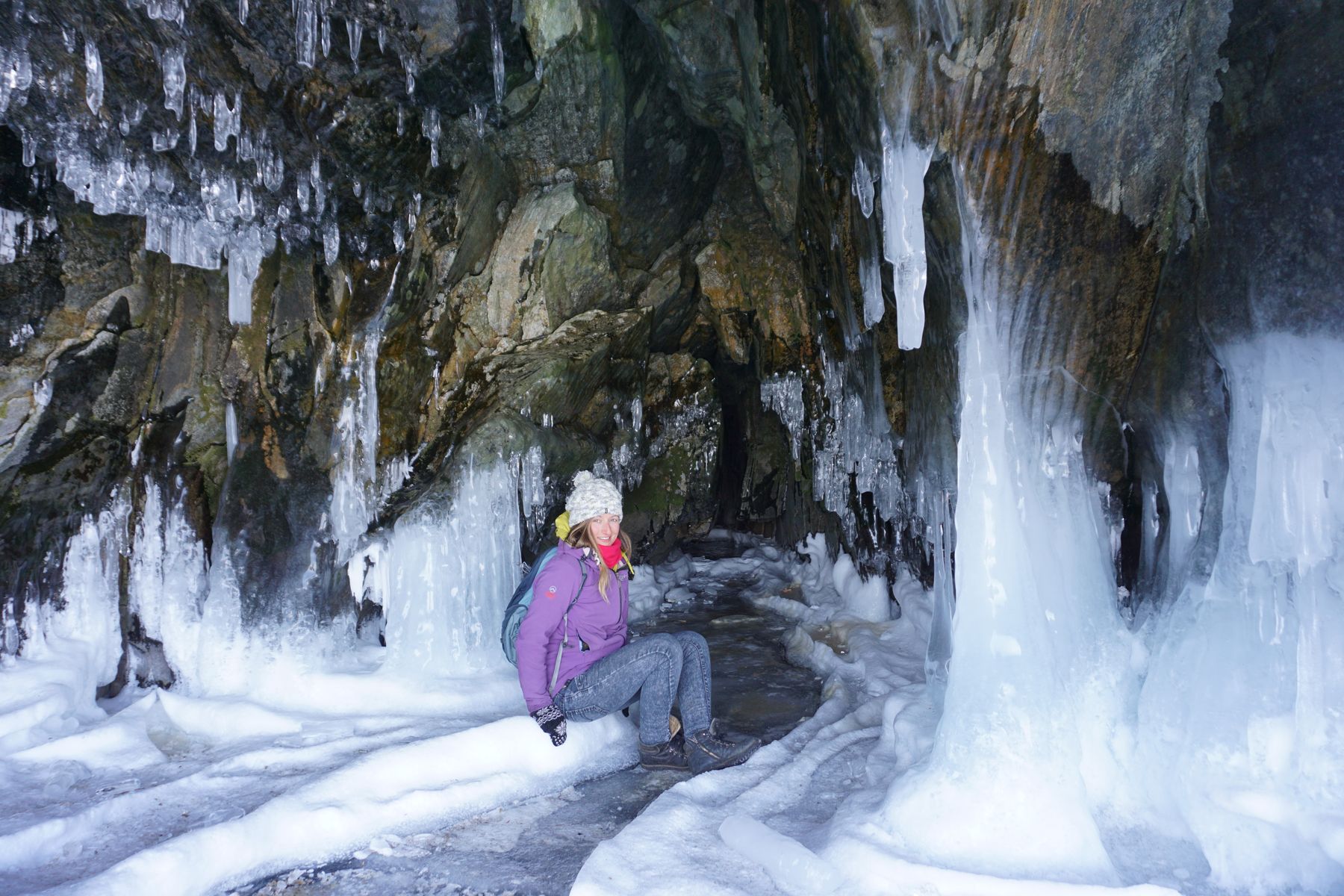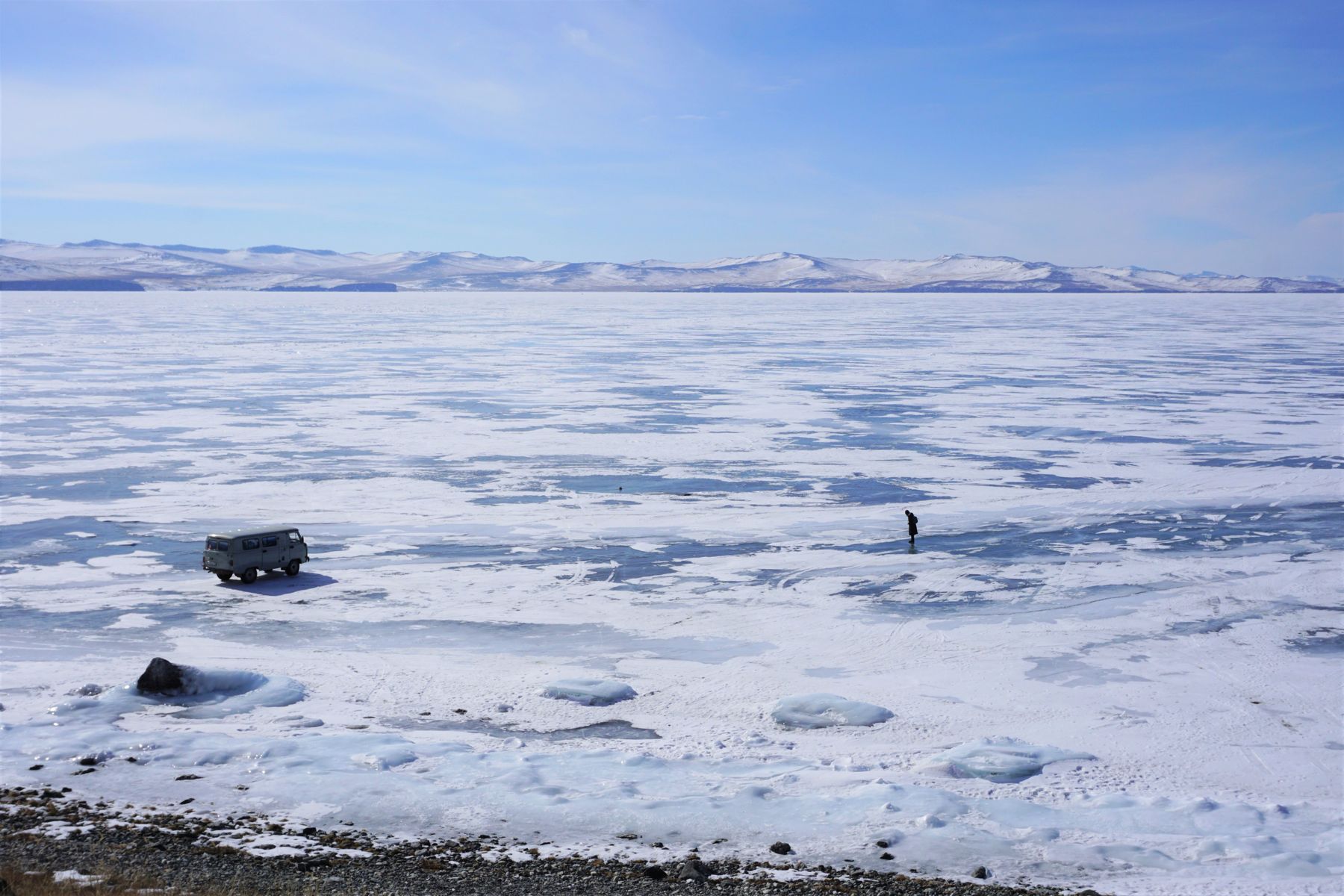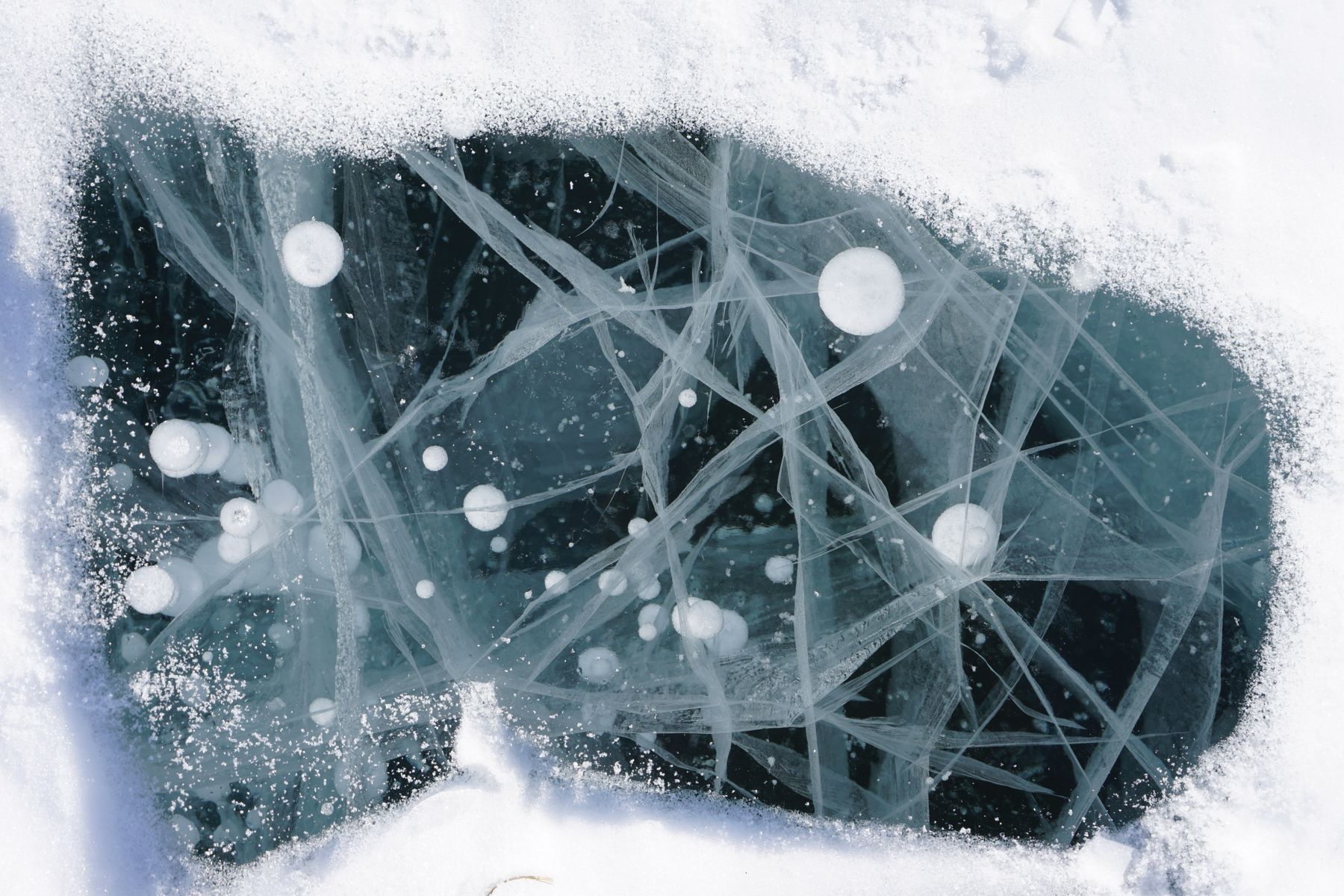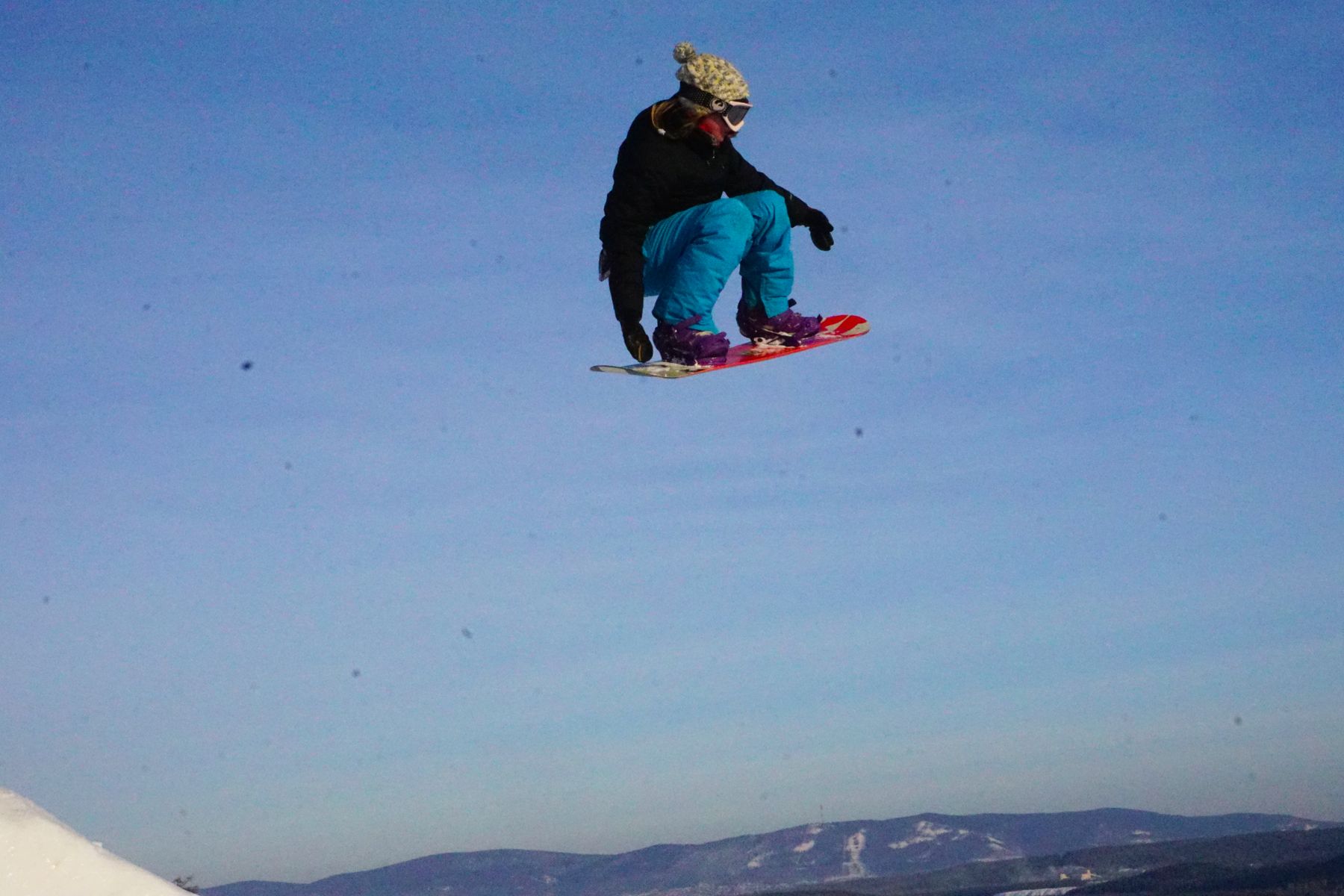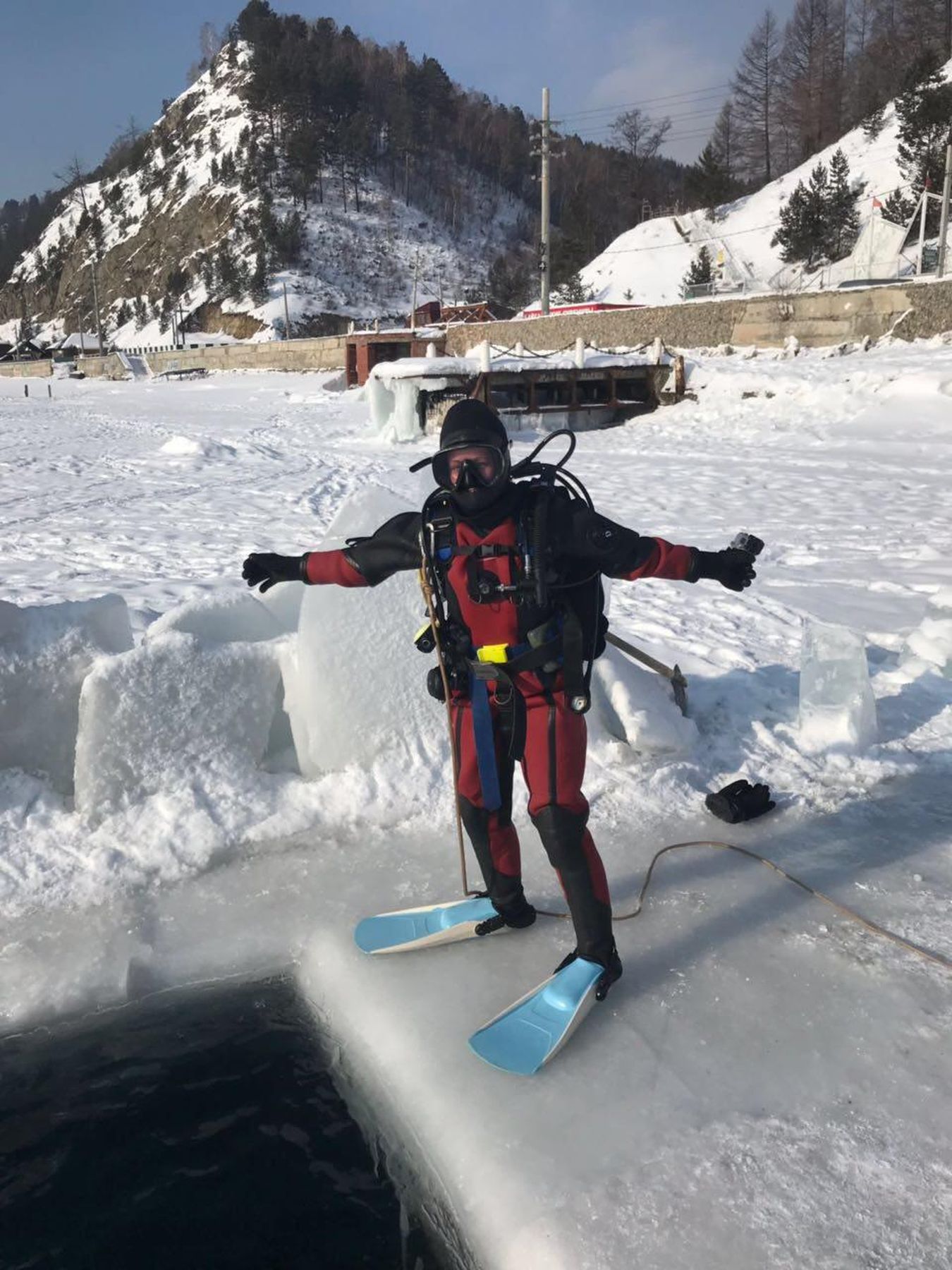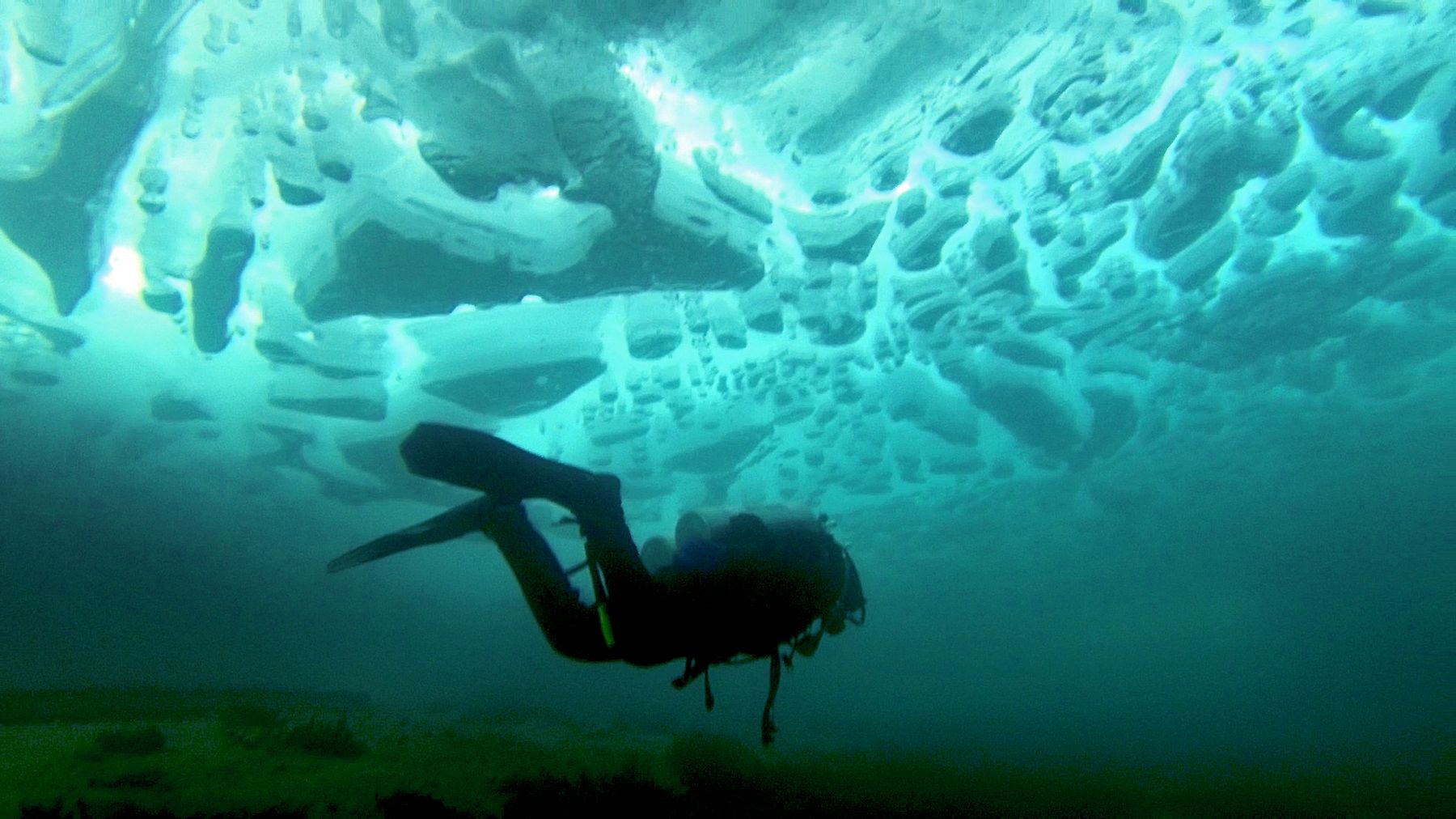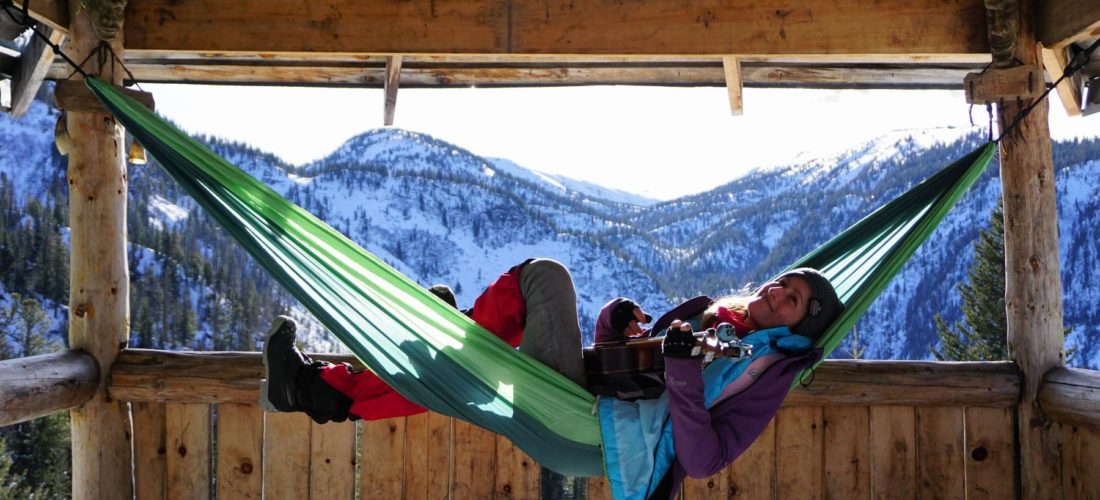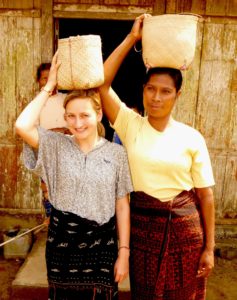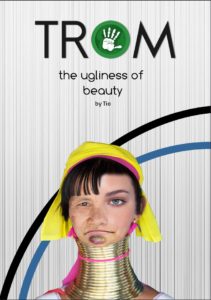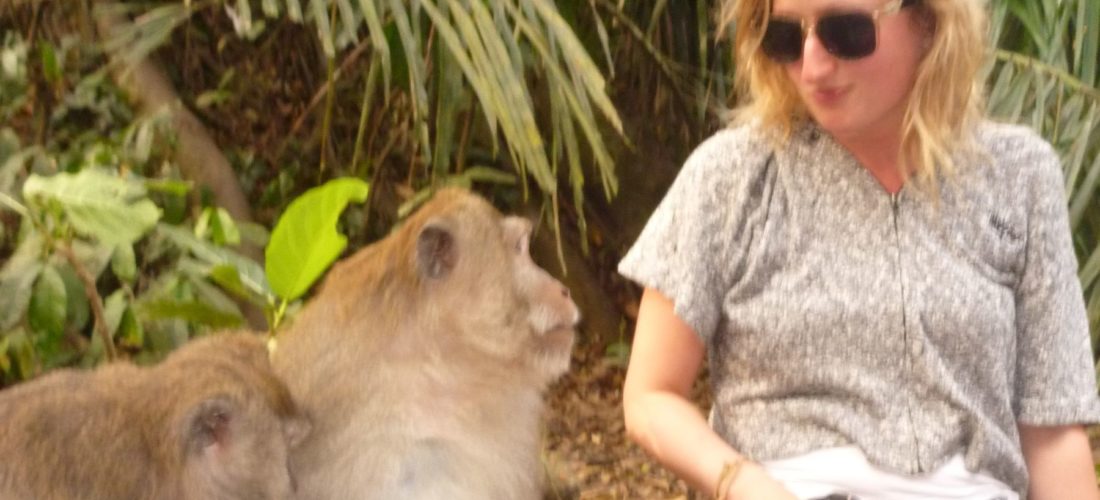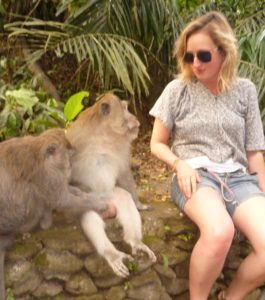The world has become so complex, so fast, yet we are the same simple people, who individually, can barely make our own basic tools. One can say that it is because of a miraculous cumulative effort and ability to collaborate that we have gotten this far in industry and technology, but our individual brains are just as simple as they have been for tens of thousands of years, and can only handle what our environment feeds us. Which now is chaos.
Capitalism exploits competition, and as a result, creates a dominant global culture that intentionally exacerbates some of our worst qualities, such as egotism, greed and selfishness; making it difficult for us to not only have quality relationships with each other, but also to understand our basic environment and our own selves. If we cannot accept and understand ourselves, then how can we understand each other? How can we then effectively communicate, collaborate and strive towards making a better world?
It is hard for people, let alone the structures and institutions that we have created, to be able to keep up with such fast changes in our environment and to get a grasp of this global chaos. As a result, today’s educational system is for the most part irrelevant and ineffective in helping us progress as a species (let alone as the dominant species on Earth).
Today’s educational systems do not teach kids about what is relevant. -How the world works; how global institutions, global politics, global business, communication, etc., affect your local life. People rarely talk about what money is- most people don’t even think about it, yet money rules our planet and we just accept this. Sweatshops, factory farms, slaves mining for minerals used in our gadgets- this is all relevant.
Our dominant culture promotes the right for all people to say what they feel, and to participate in matters they know nothing about; as a result, creating an even more chaotic environment. Corporate and political systems take advantage of this naivete, giving more power to uninformed biased opinions that suit their needs. Think about the amount of power and control you give to the 1% when you so strongly believe that you should be able to participate in all matters, but you have little background knowledge of the subject and you don’t even realize that you are being influenced by the media and everything else in your surrounding that’s controlled by that 1%.
This does not mean that you have to completely disregard complicated subjects; it means educate yourself first, then participate. And recognize the relationship between power and manipulation.
Think about the background knowledge of those in power. Do they know how to solve problems like resource management, starvation, environmental degradation, inequality, etc.? I think they’ve had their chance and are failing horribly. The problems we have today are technical and politicians don’t have the technical background knowledge to solve them. What do the 1% have background knowledge in? Manipulating you. Making money at your expense and the expense of the planet.
Rather than focusing on communication and collaboration, today’s educational systems push competition. Competition gets in the way of us being able to understand what is relevant.
If we were taught about what is actually relevant in school, and learned how to think critically- analyze our current situation, and today’s world- then people would question the way the world works, hopefully see things clearer; and hopefully would want to work towards a future that would not kill our planet.
So, what to do? You educate people in the right direction- use education as a tool; but realize that education is not limited to school- we are influenced by every little element of our environment. Education should focus on what is relevant- our world, our surroundings, institutions, relationships, communication, etc. We need to learn how to use critical thinking- to observe, question and analyze everything. It is also important to teach people that it is beneficial to express when they don’t know something, and to use the scientific method as a basis for analysis and decision making.
Understanding behavior is fundamental to understanding people and being able to communicate with them. It is critical to comprehend that a person’s background and environment is the reason for their behavior. If you were brought up in Italy, you would behave like an Italian, regardless of what you look like. Would this be your ‘fault?’ No, that’s where you were born and raised- that wasn’t your choice. Same goes for being raised in Iraq, Sweden, China, Brazil, Australia, anywhere. We are all just human beings, and we can’t help being influenced by our environment.
Recognizing this should allow you to better understand the reason for a person’s thoughts or actions, thereby enabling you to put your own emotions or prejudices to the side. Using this kind of assessment as a tool can give you more clarity and ability to better analyze a given situation/statement/action and come up with more coherent conclusions.
This is very beneficial for expanding your own horizons. To understand and analyze behavior through examining a person’s background (and minimizing your own emotions towards their behavior) should allow you to take in a broader range of information. Nevertheless, you must keep in mind that when you do expand your horizons, you must continue to think critically- question and analyze everything; come up with your own conclusions.
It is critical to understand the limitations to both people’s ability to communicate (both you and the person you are communicating with). People can only communicate when they have a similar level of understanding of the given subject; otherwise there can be a lot of misinterpretation of the subject and miscommunication. For example, a botanist can only communicate with an engineer to a certain extent. They can talk about the weather, their kids, perhaps about how nice the bridge the engineer is building looks; but they will not be able to communicate about the intricacies of the building of that bridge, nor will they be able to delve deep into the subject of botany. This recognition should be applied to all conversations (i.e. you should check your own bs). Therefore, it is important to realize that people may not interpret the information that you are telling them exactly in the way that you want them to interpret it (and vice versa), because a person can only take in information if it meets with their own methods of evaluation and fits to their background knowledge.
Having an understanding of these limitations can be a tool that you can use for communication. If you are able to see where a person’s behavior is coming from, you can better assess what they are trying to tell you (or whether they understand you), and refrain from imposing emotions which get in the way of communication. Recognizing that a person may misinterpret what you are saying (because of their background) can allow you to attempt to come to their level of understanding, so you can better communicate. You may have to rephrase sentences and be very careful with words in order to suite a person’s background, as today’s language is filled with ambiguity. It is integral not only to listen to what the person is saying, but to pay attention to where this information is coming from, and the various interpretations that could exist. In addition, it is vital to note that there is always a purpose for communication; recognizing this purpose can be an additional tool to use to improve your understanding of the communication at hand.
In short, in our increasingly chaotic world, it is important to educate people about what is relevant, how to think critically, and how to improve communication and collaboration. Understanding a person’s background (where they’re coming from), the limitations of communication, and the purpose of communication will help you communicate with people more effectively and efficiently. If we all used these tools, we would be able to communicate better; we would be able to expand our horizons and gain more background knowledge. More background knowledge allows more people to effectively participate in more things, and to communicate better; this will feed into a positive spiral, allowing more people to be able to collaborate- and hopefully to work towards creating a brighter future on our planet.
